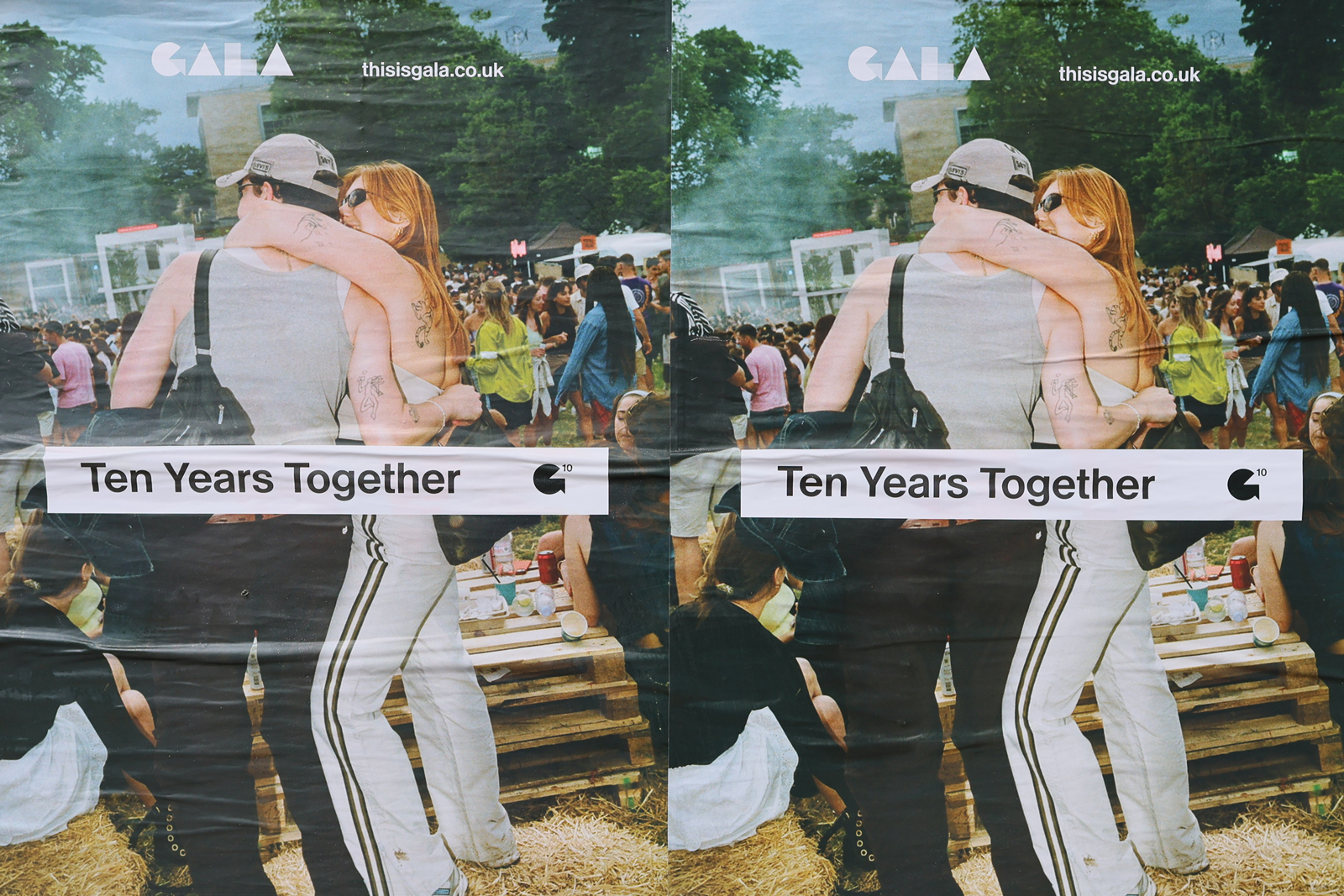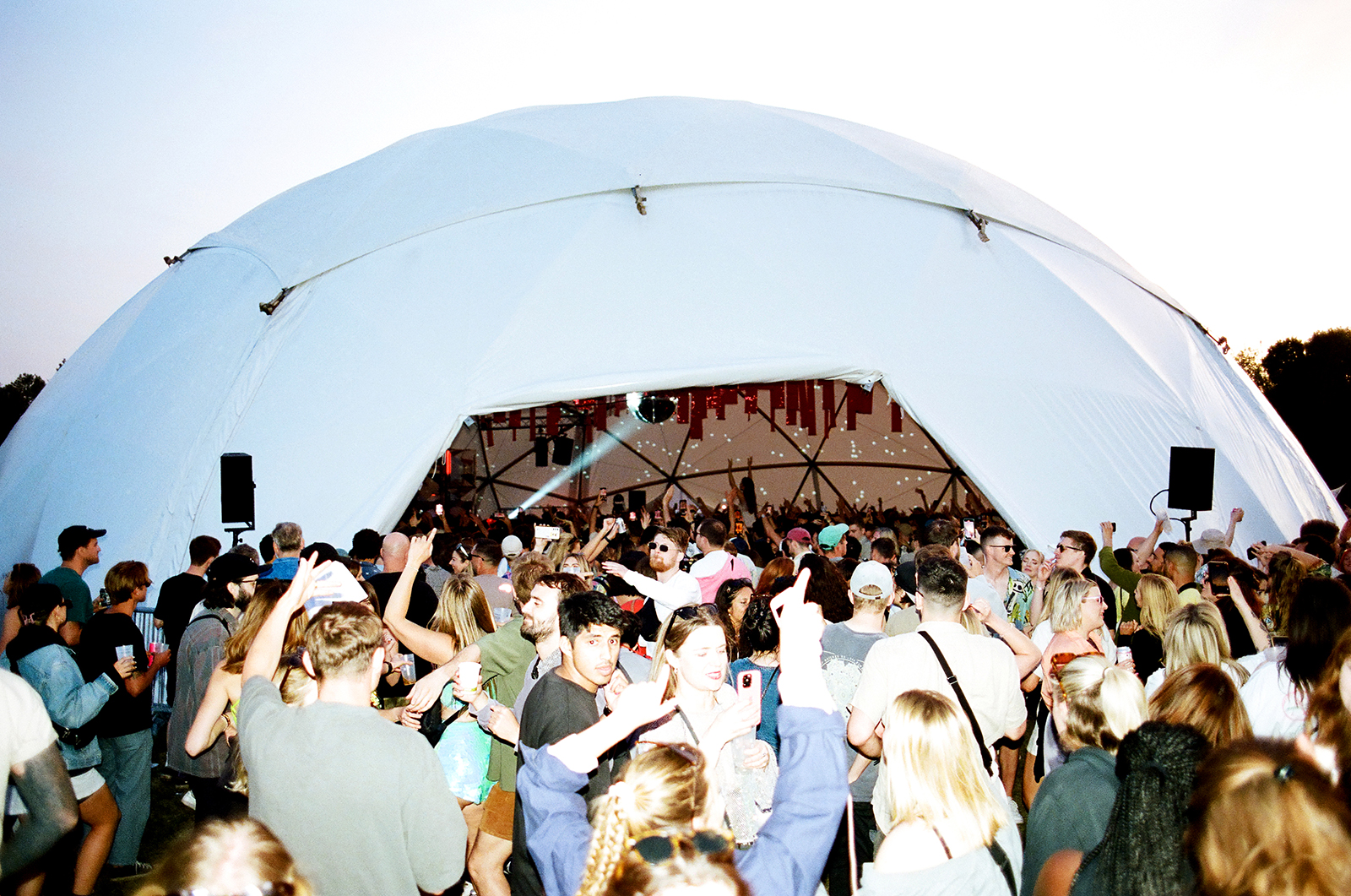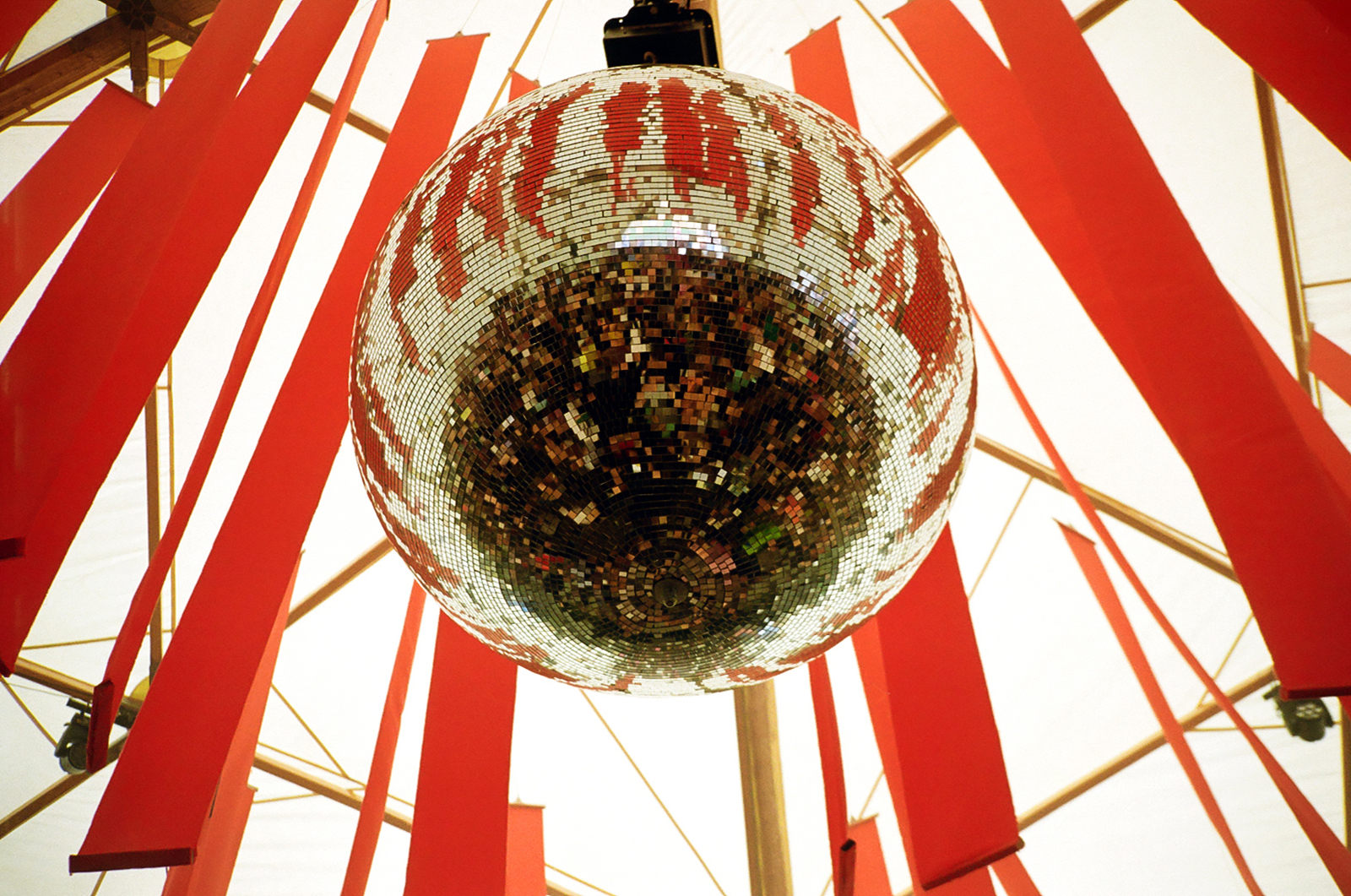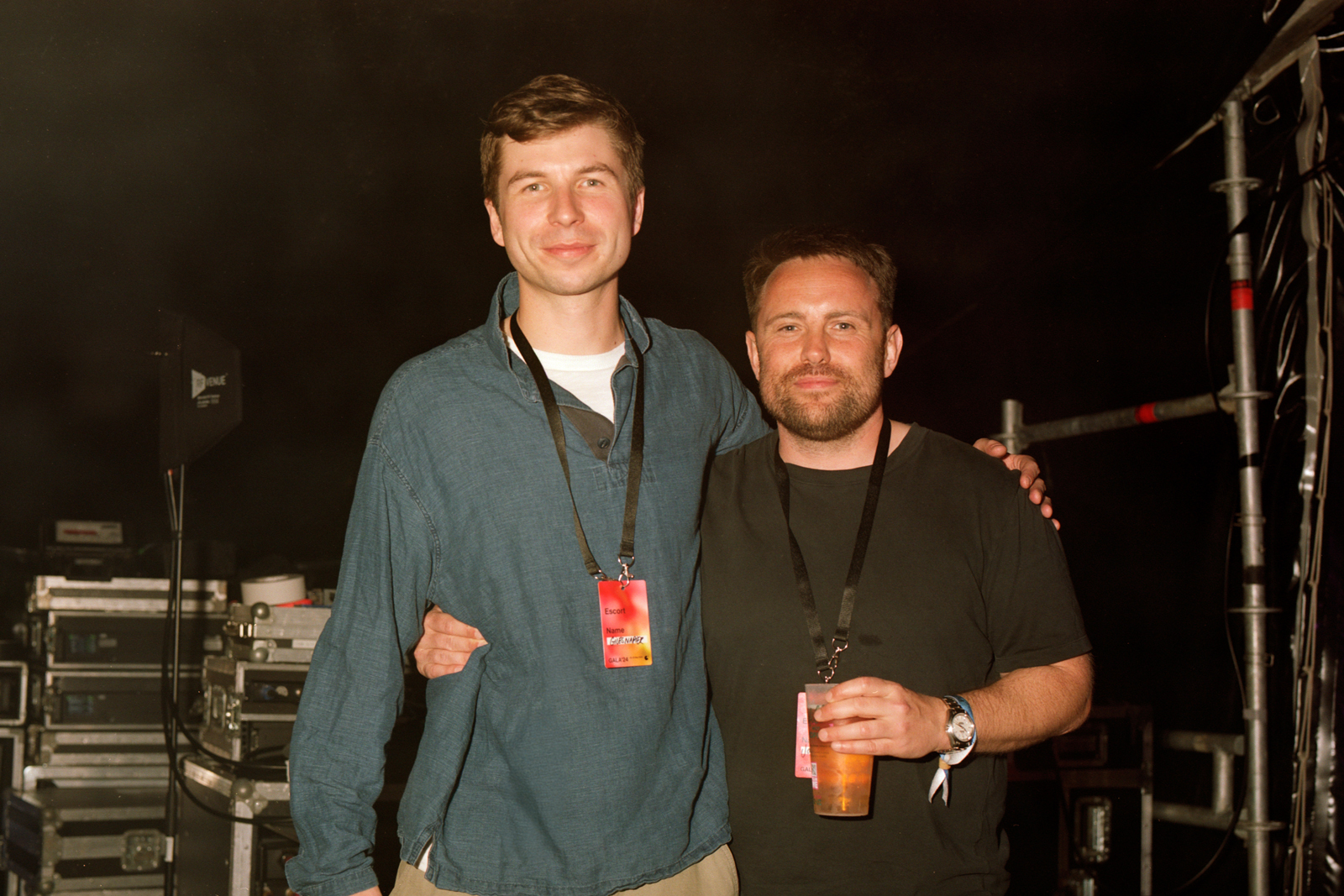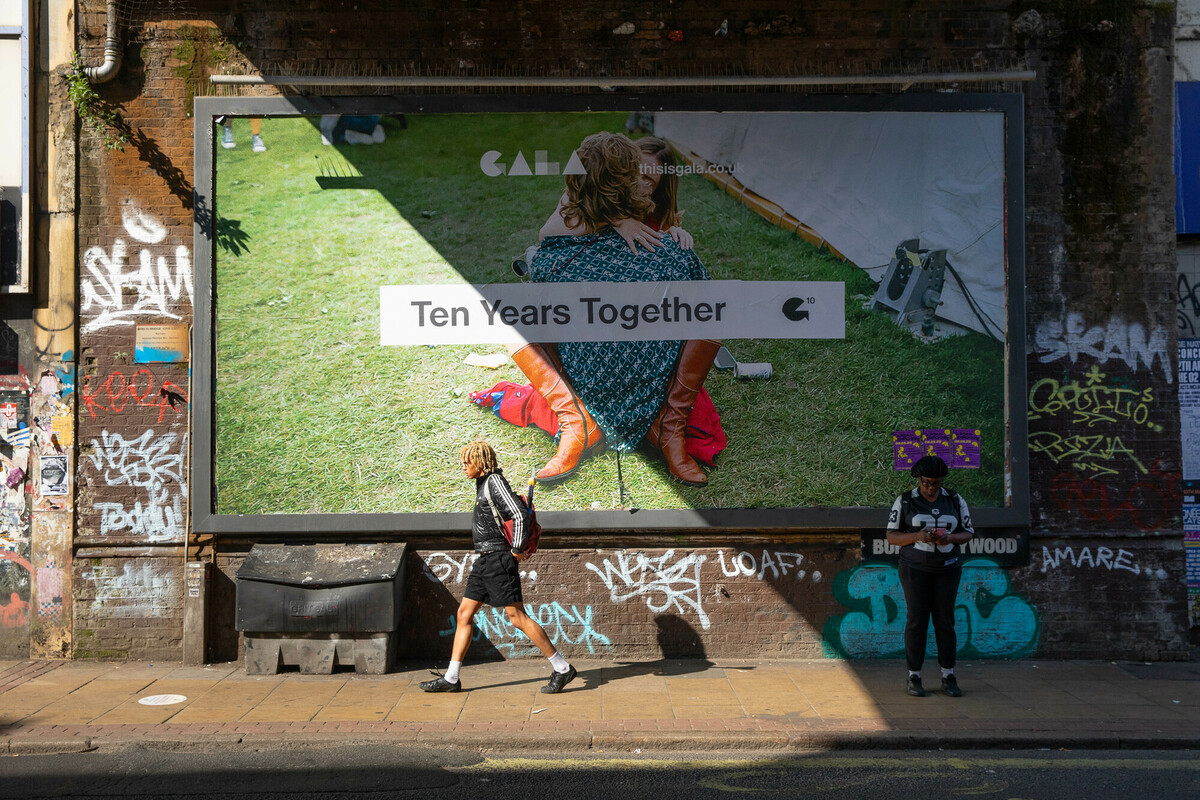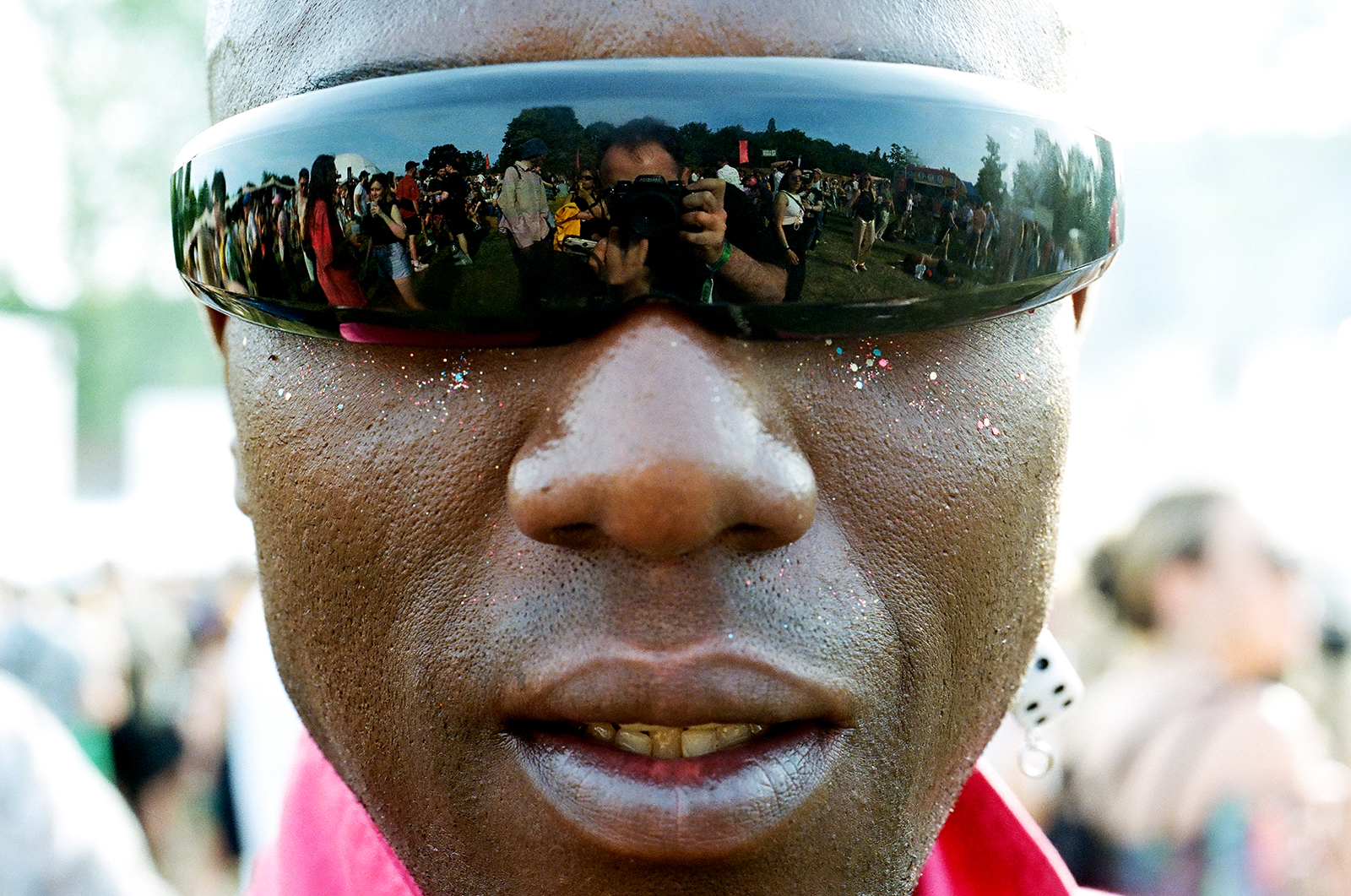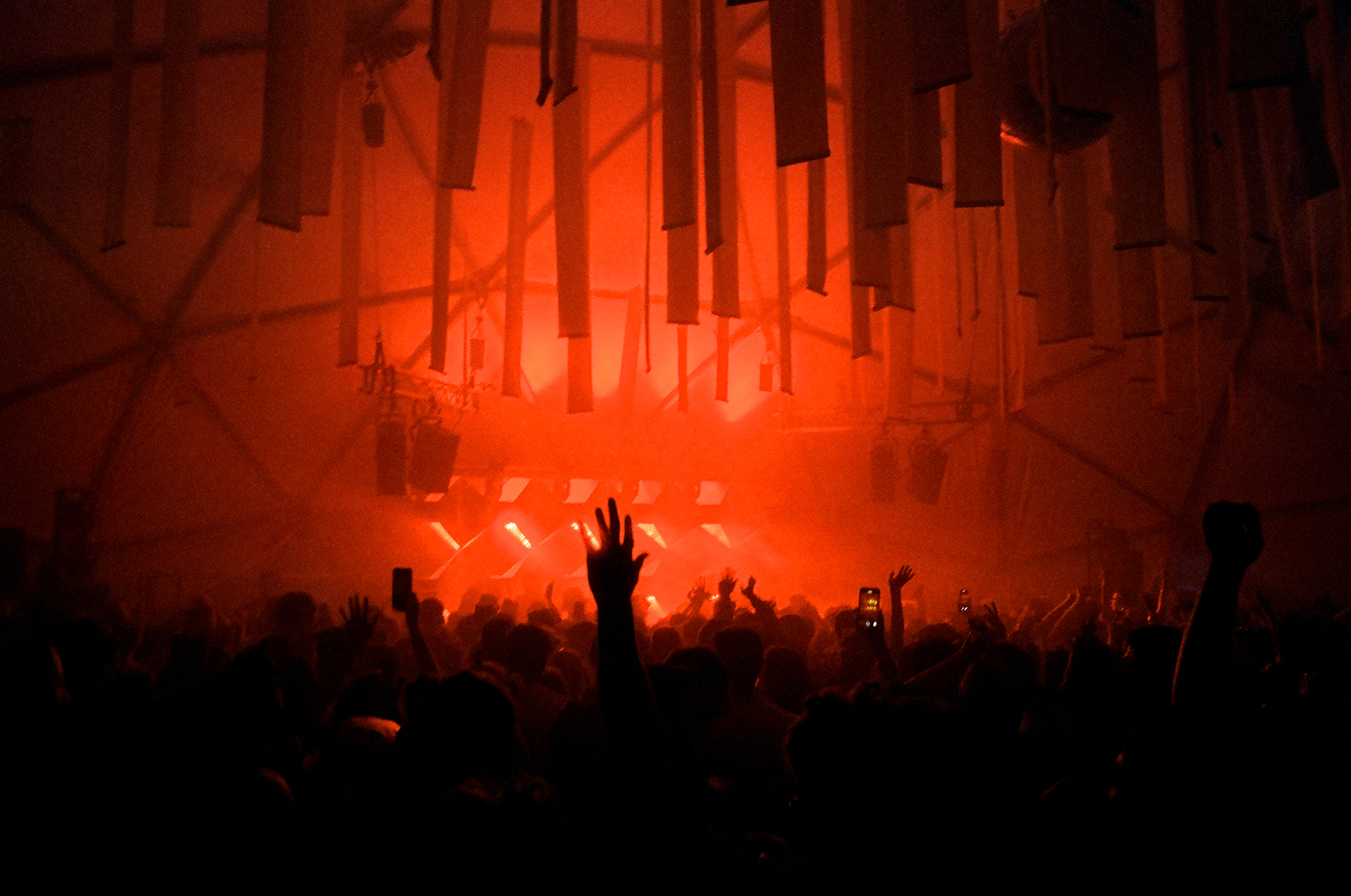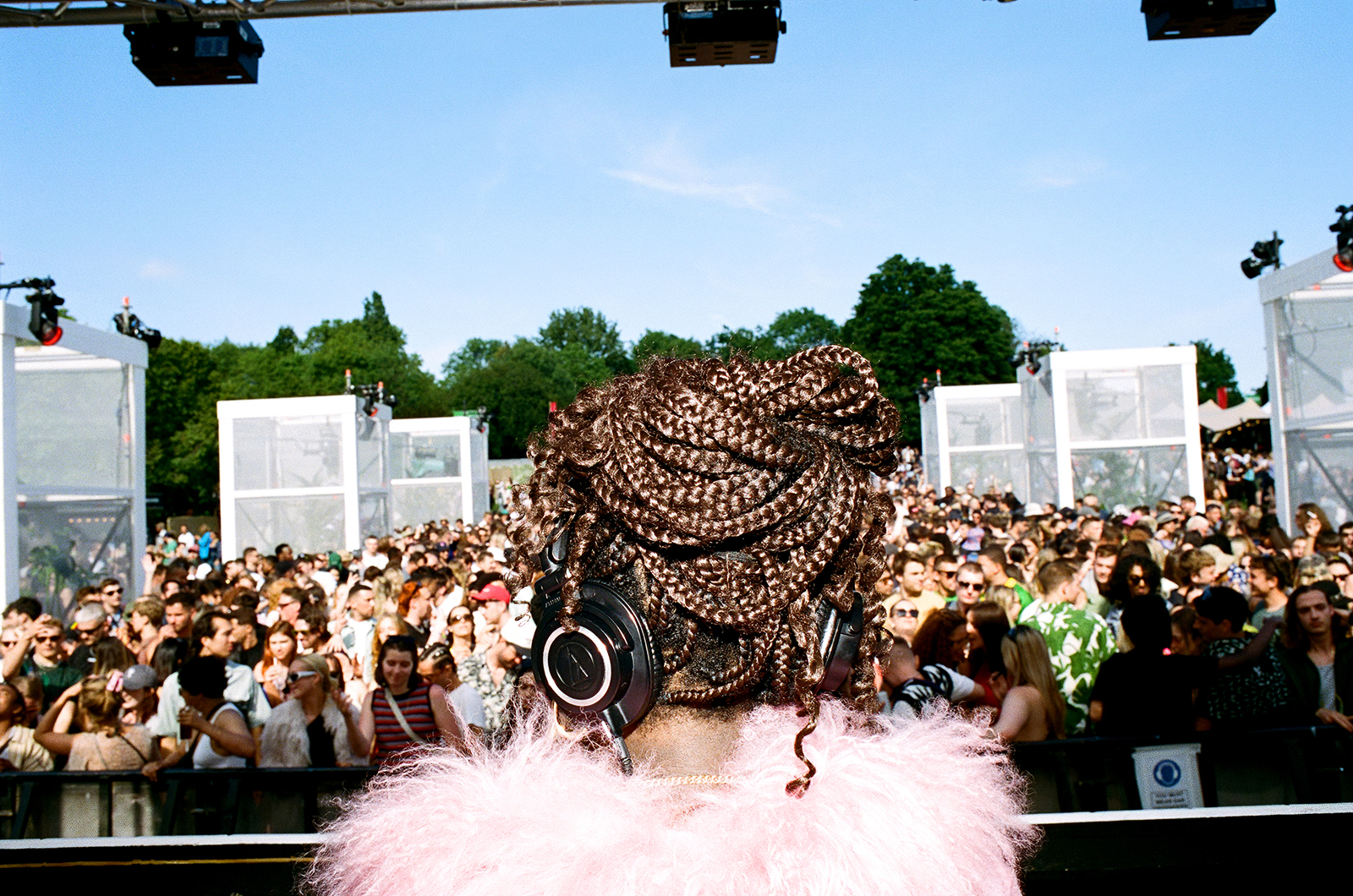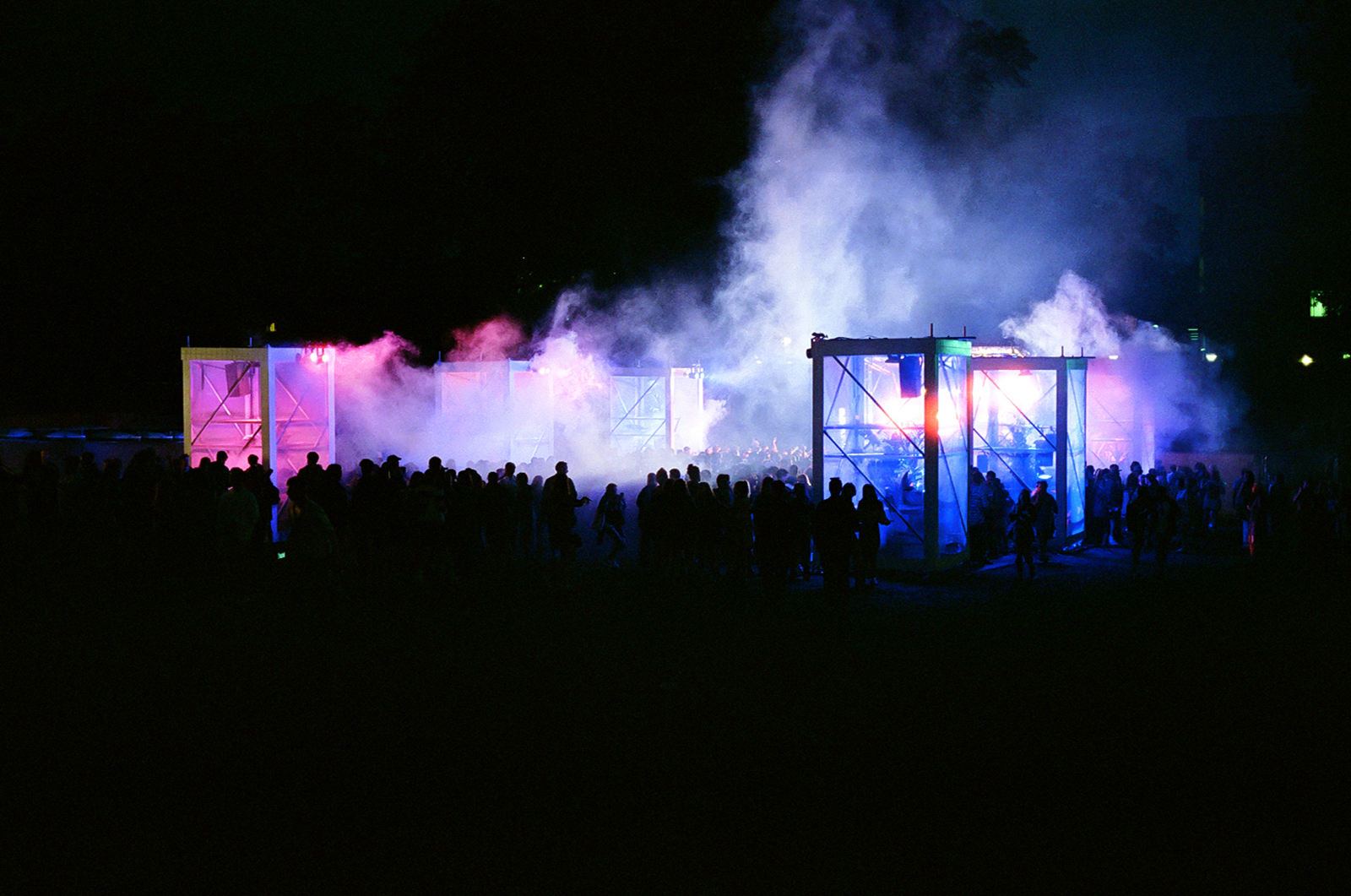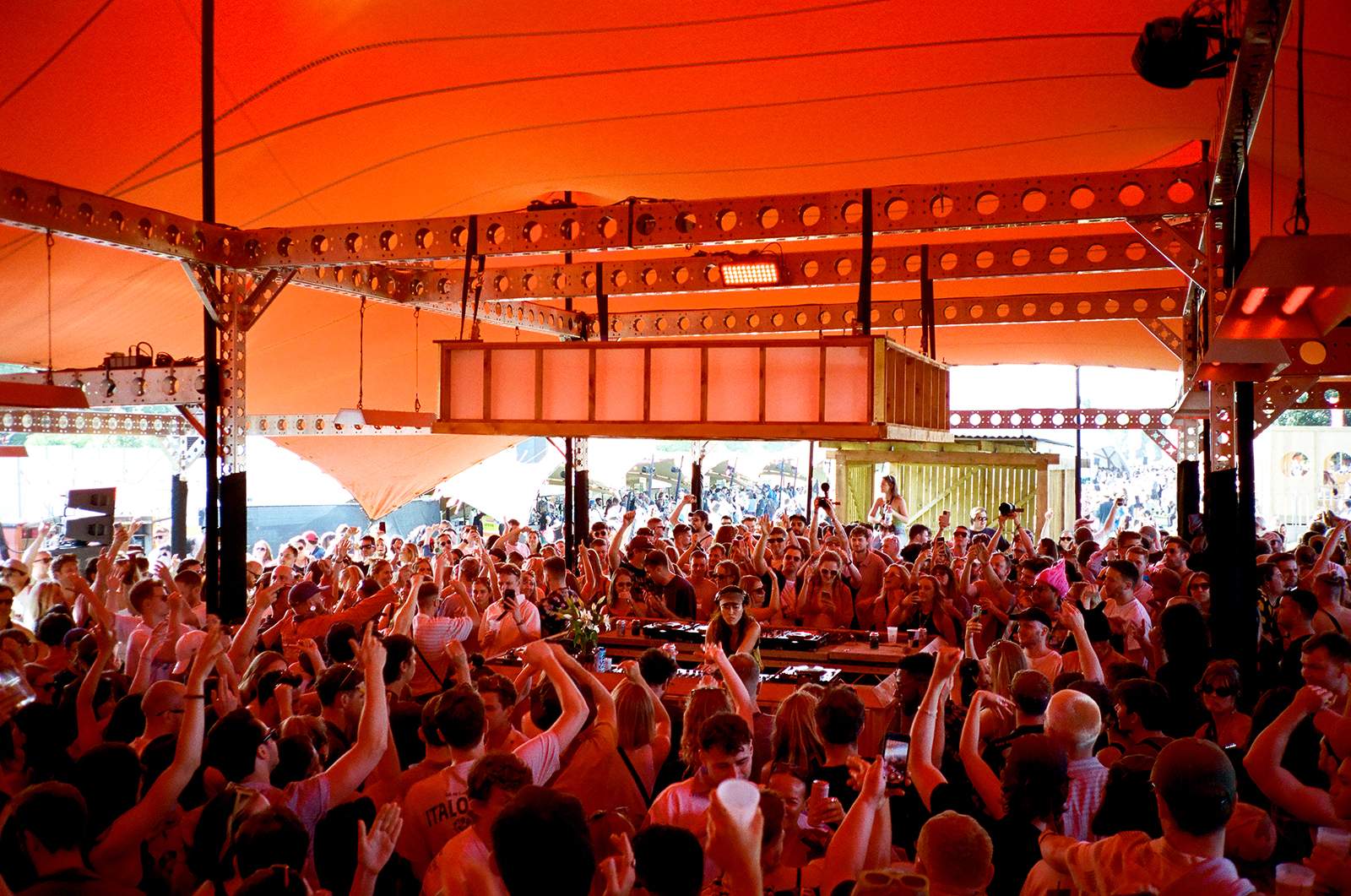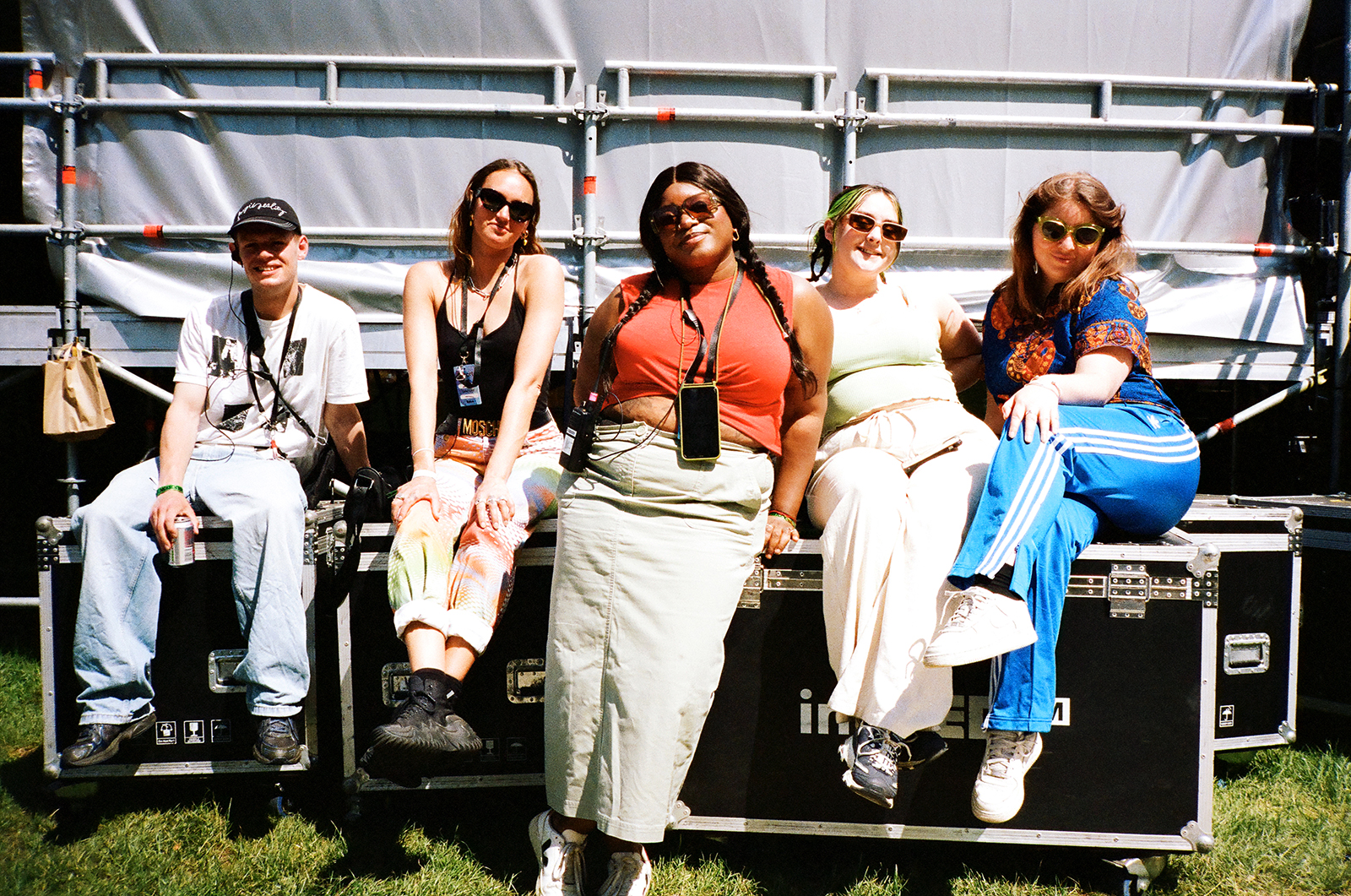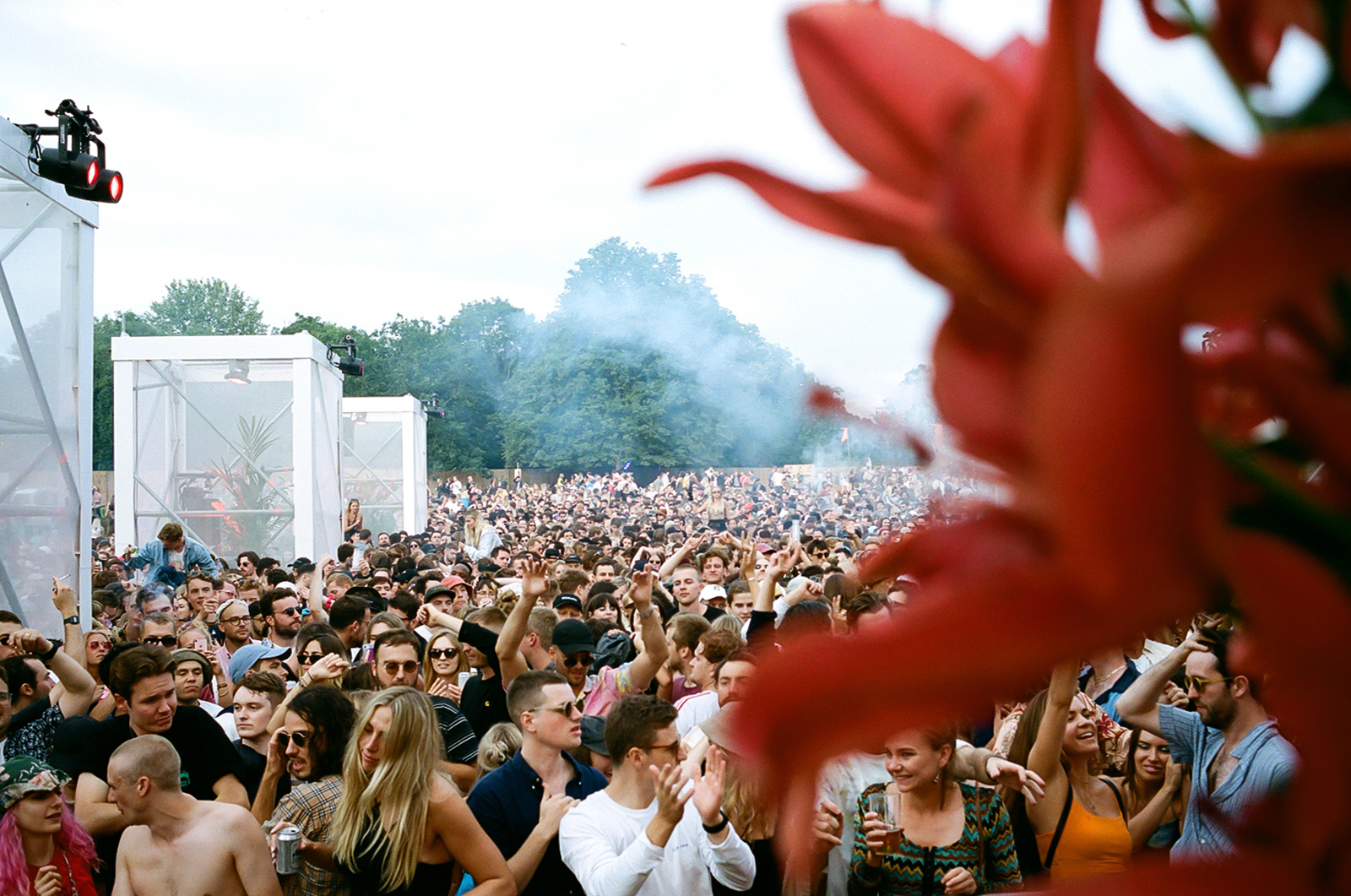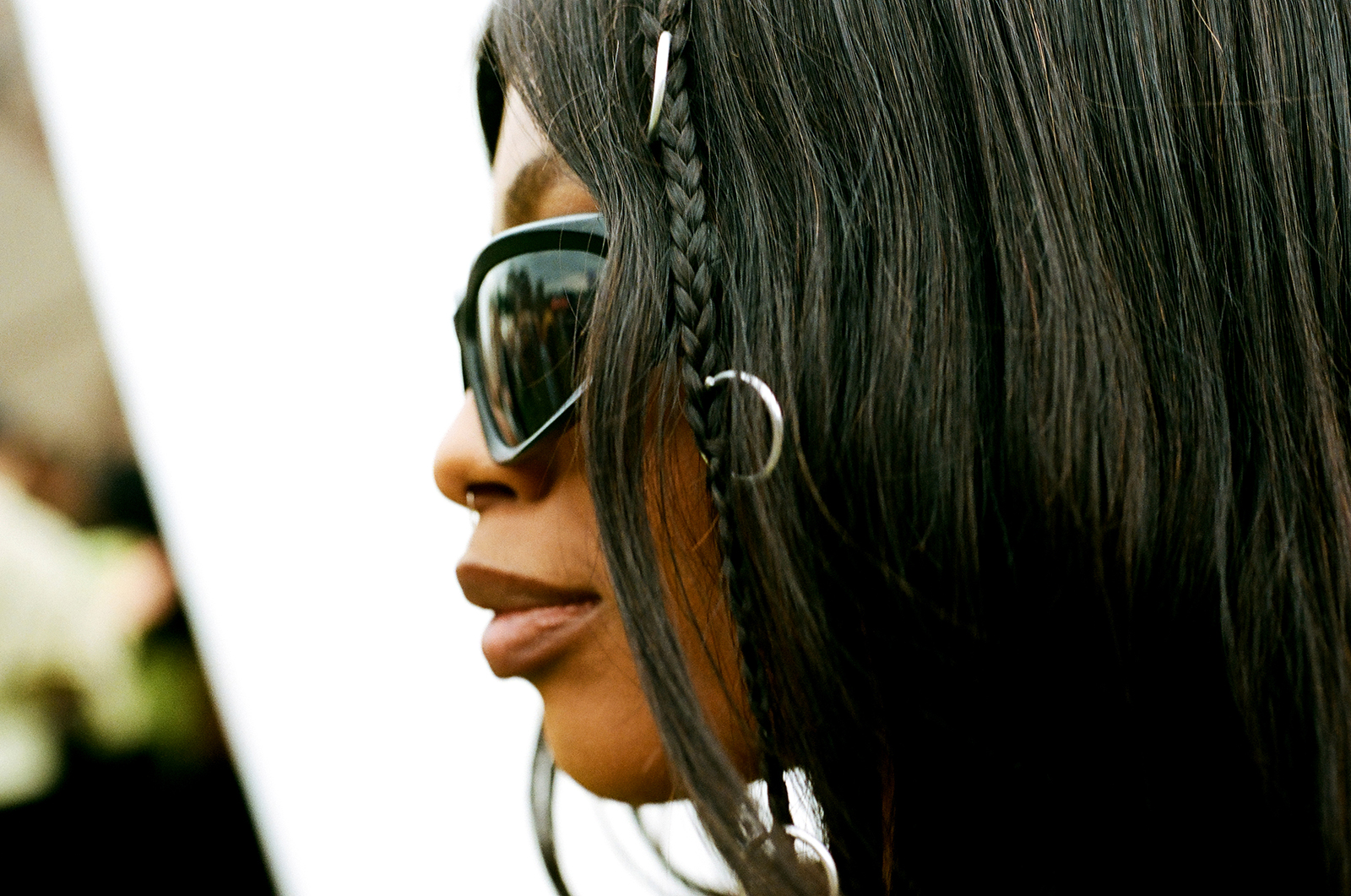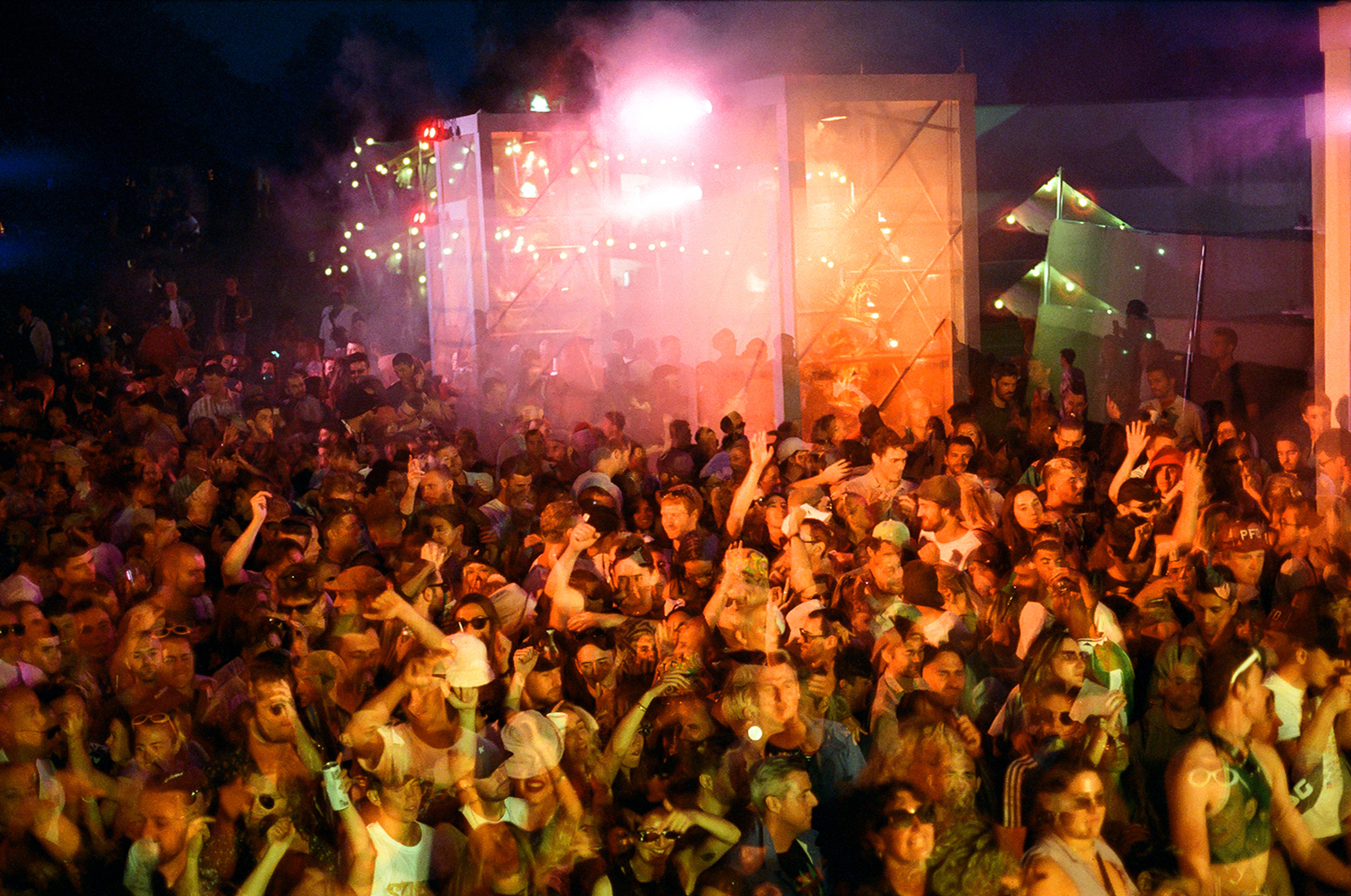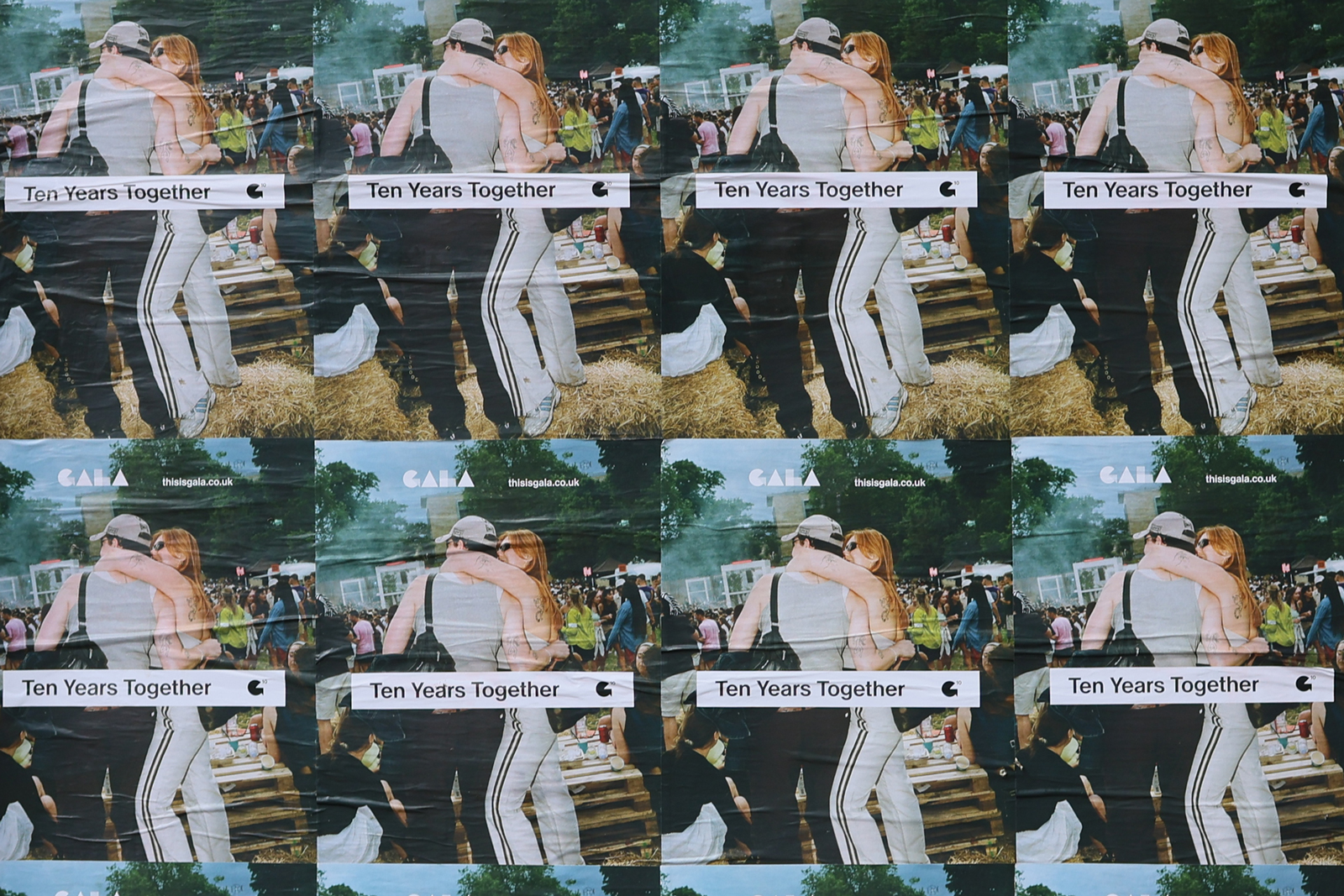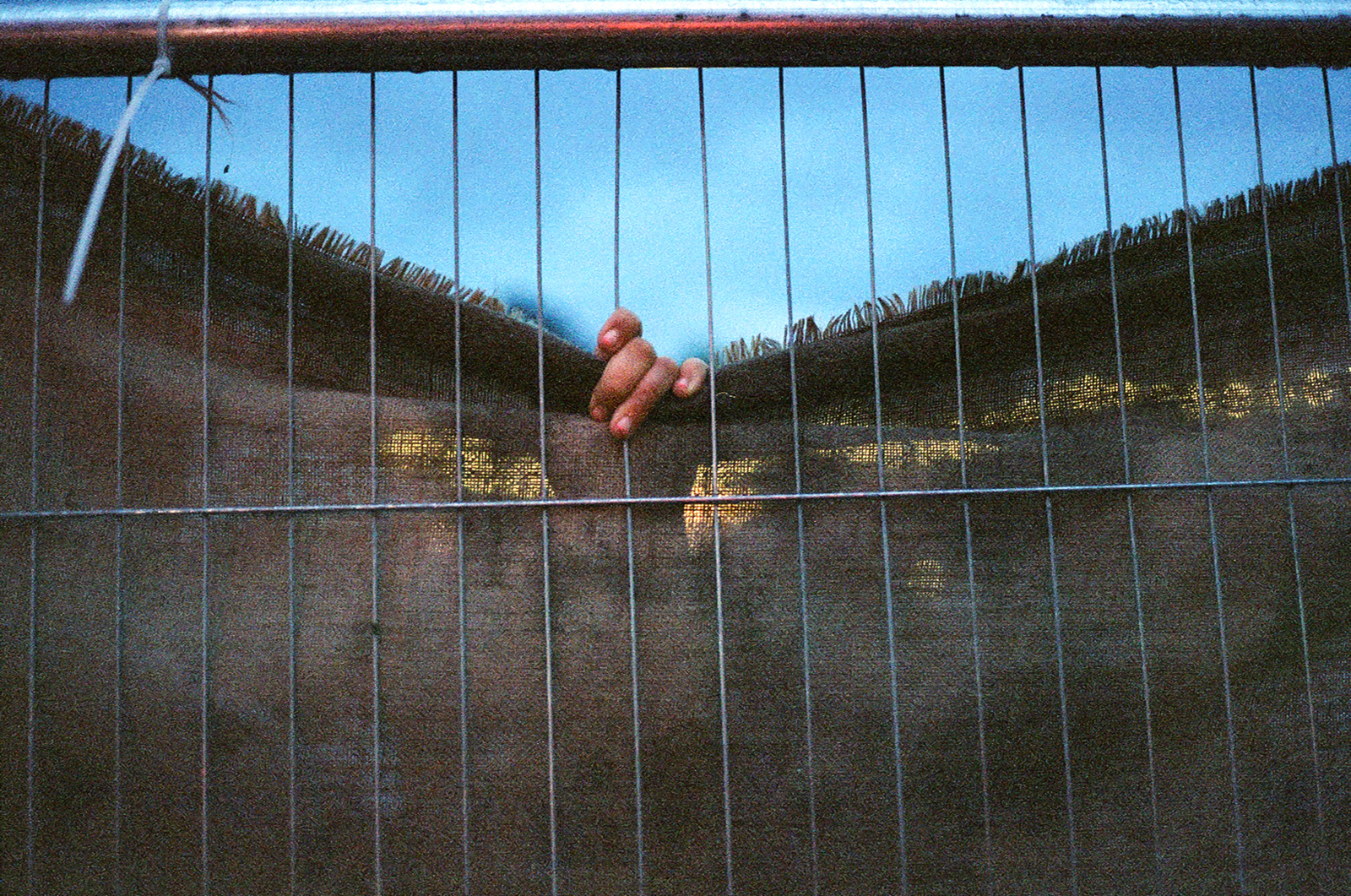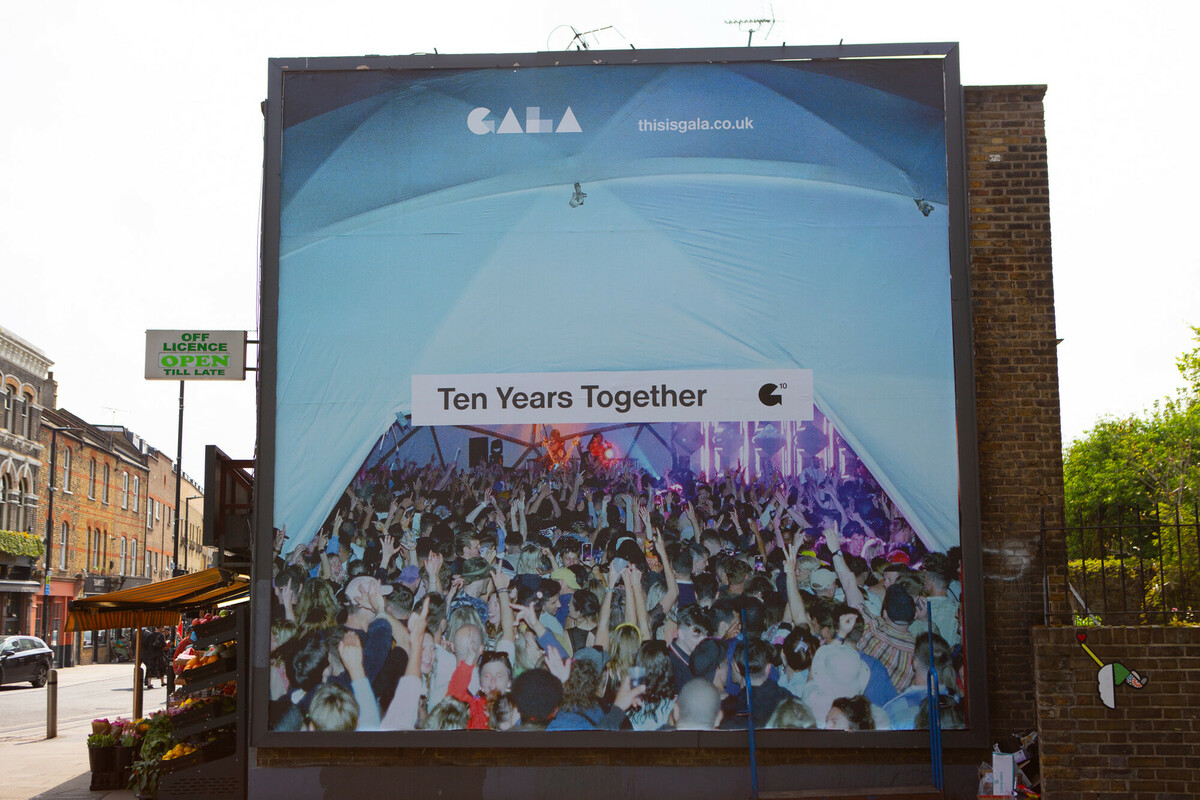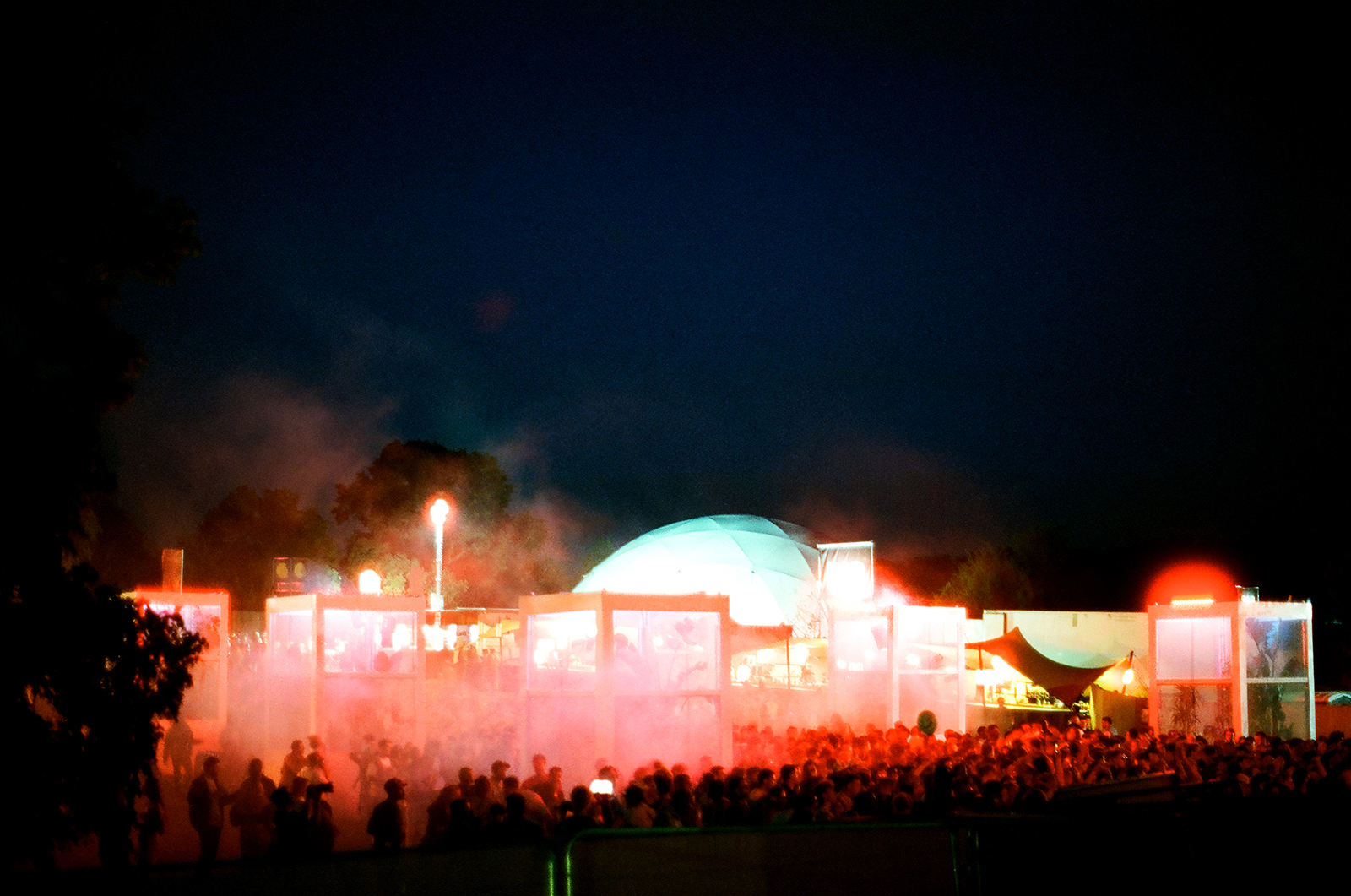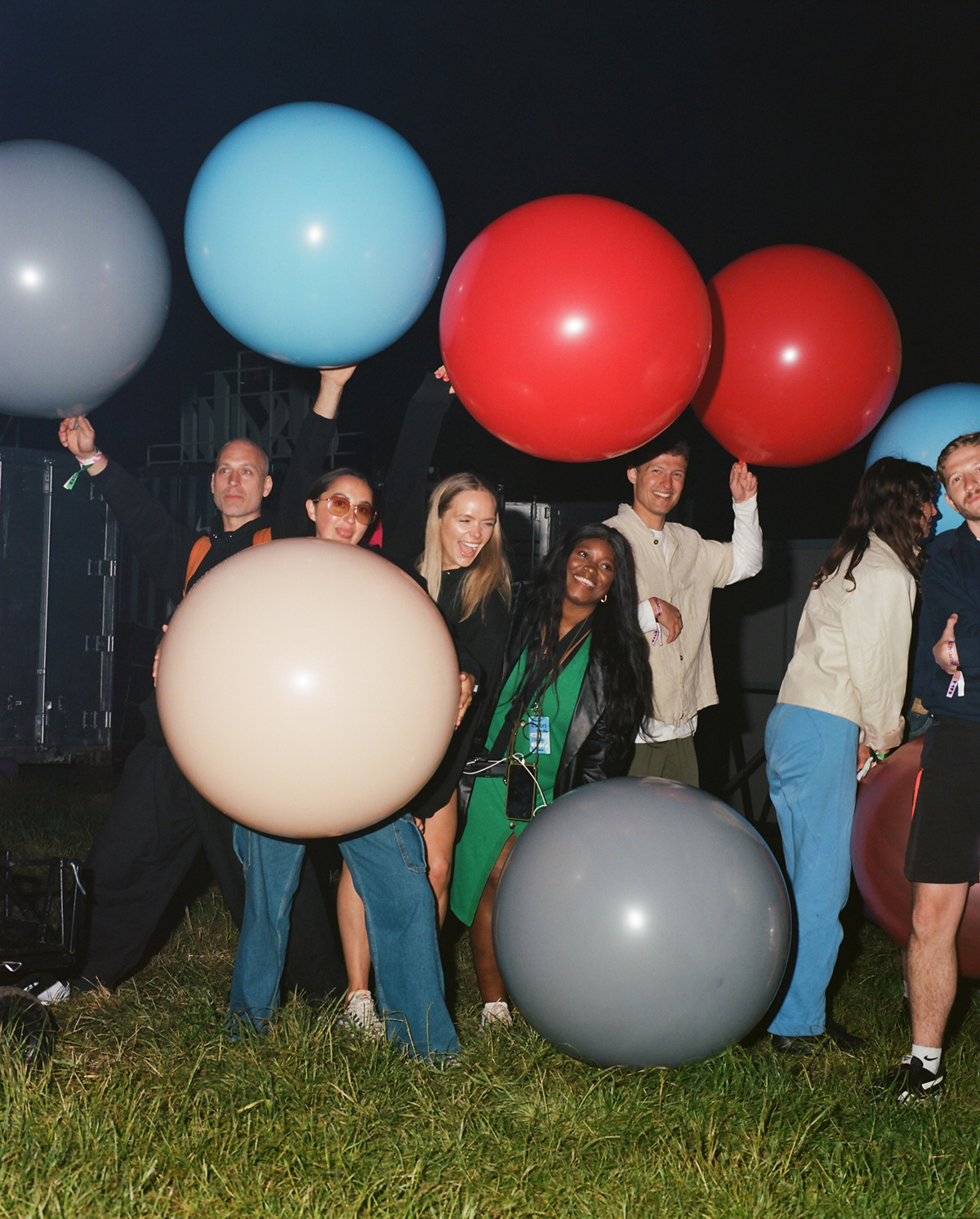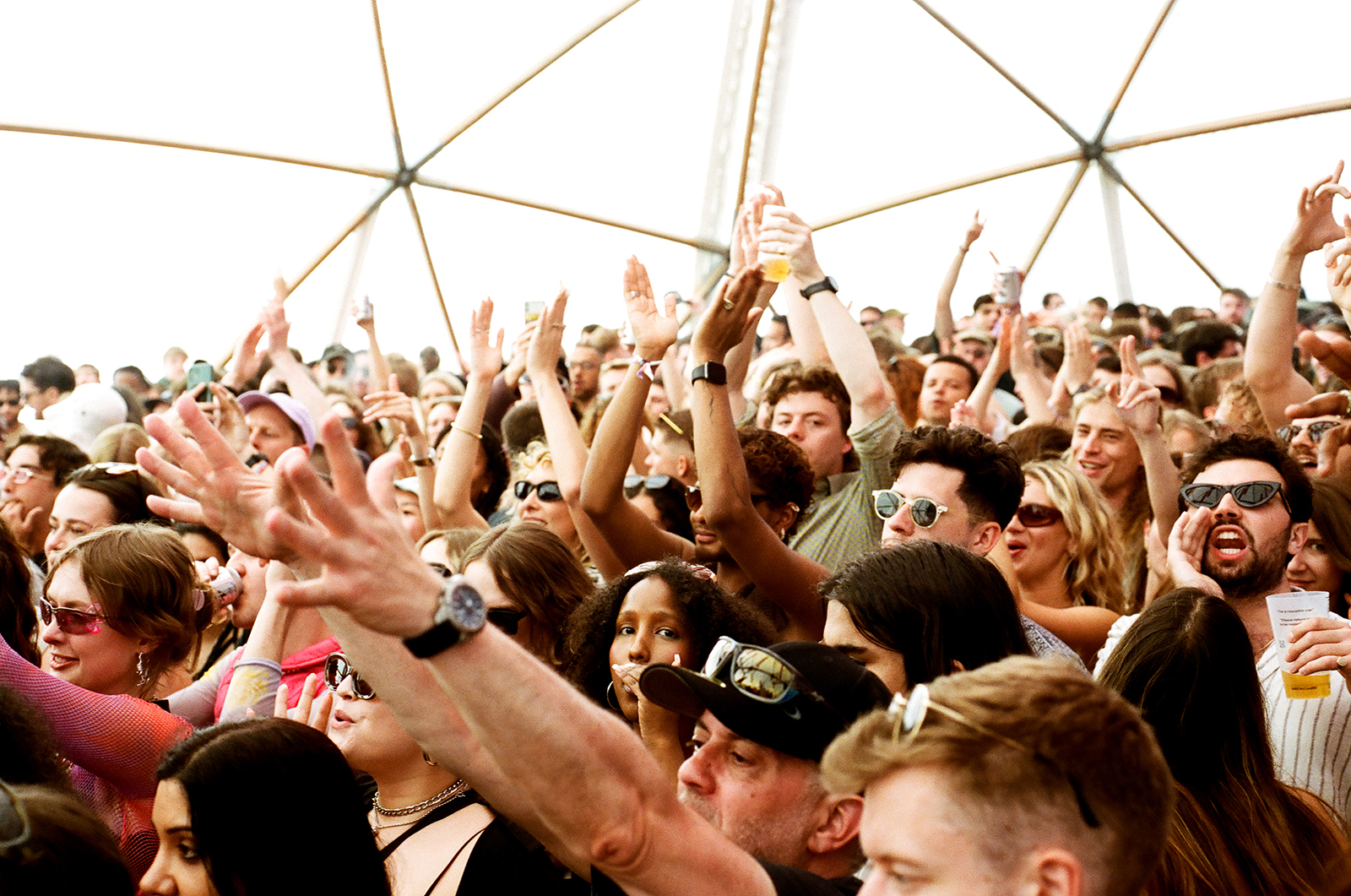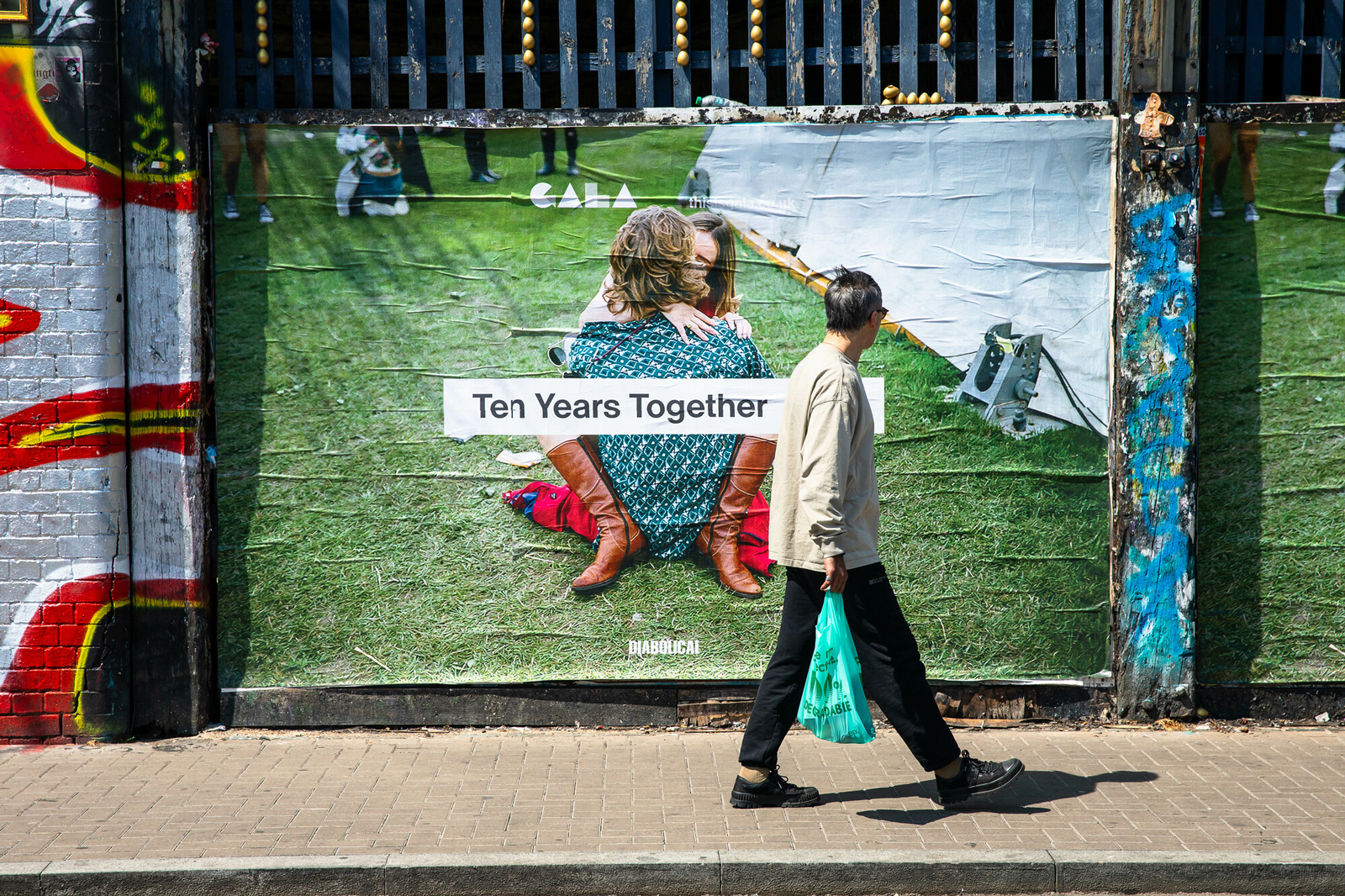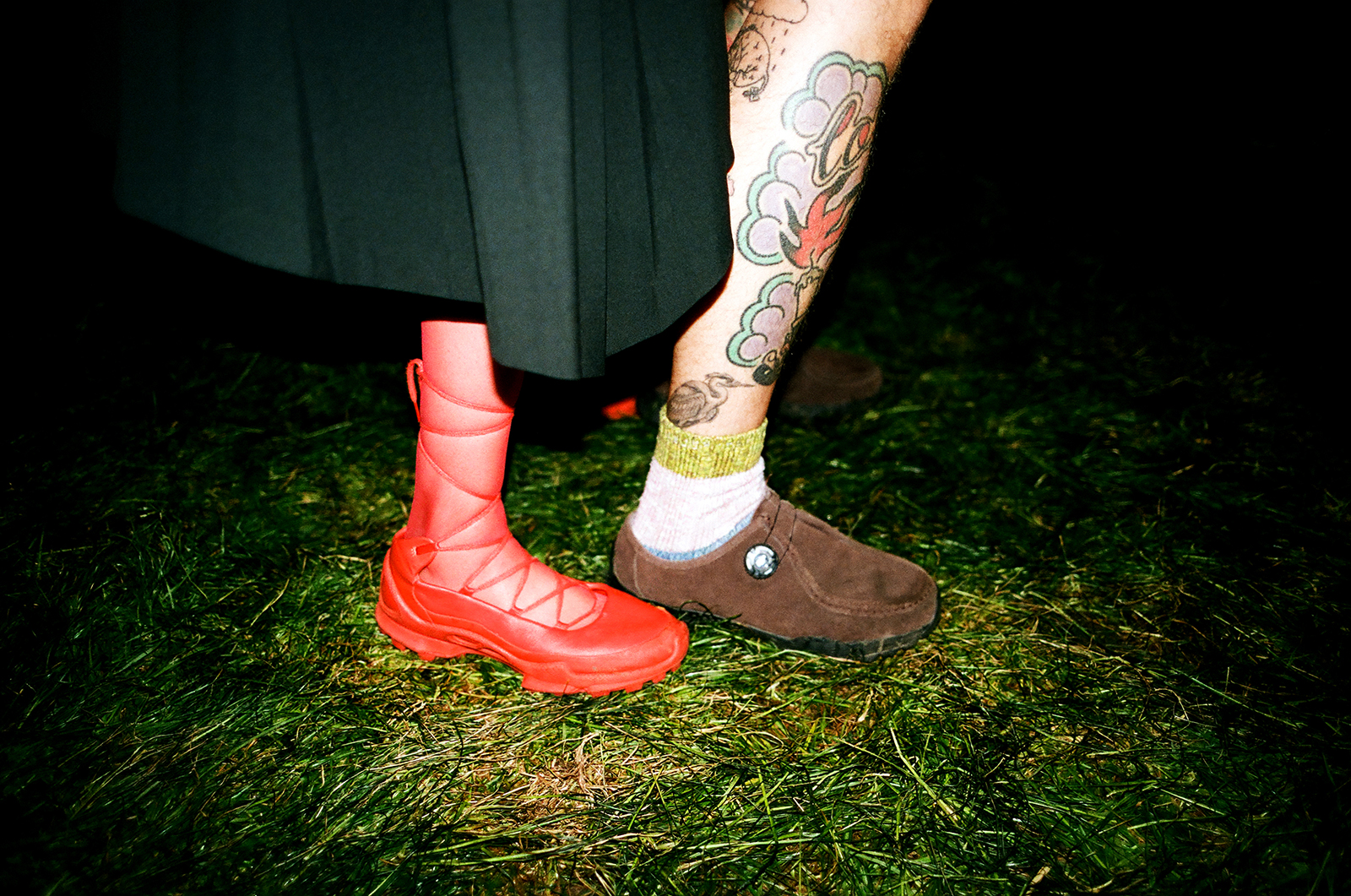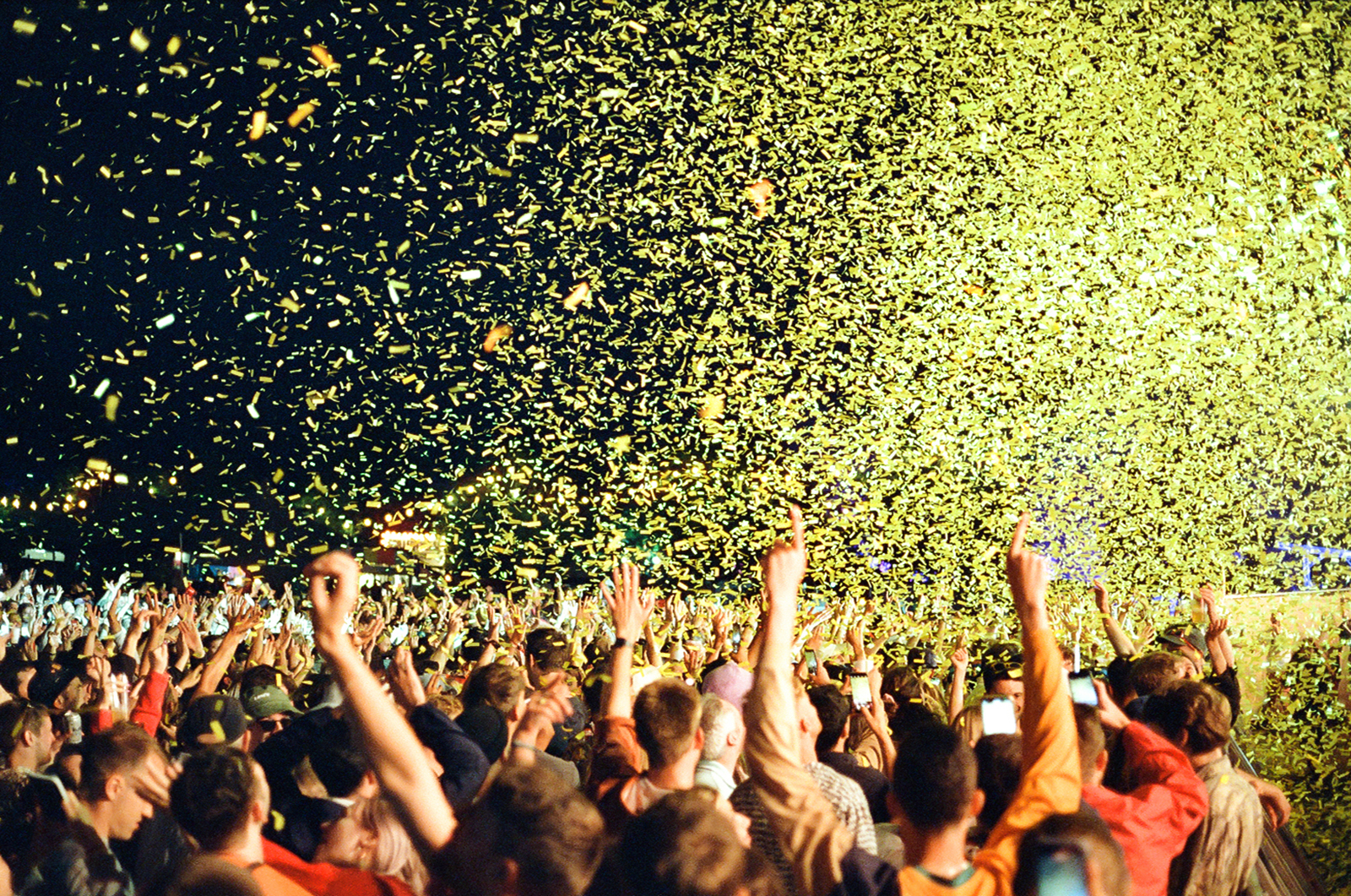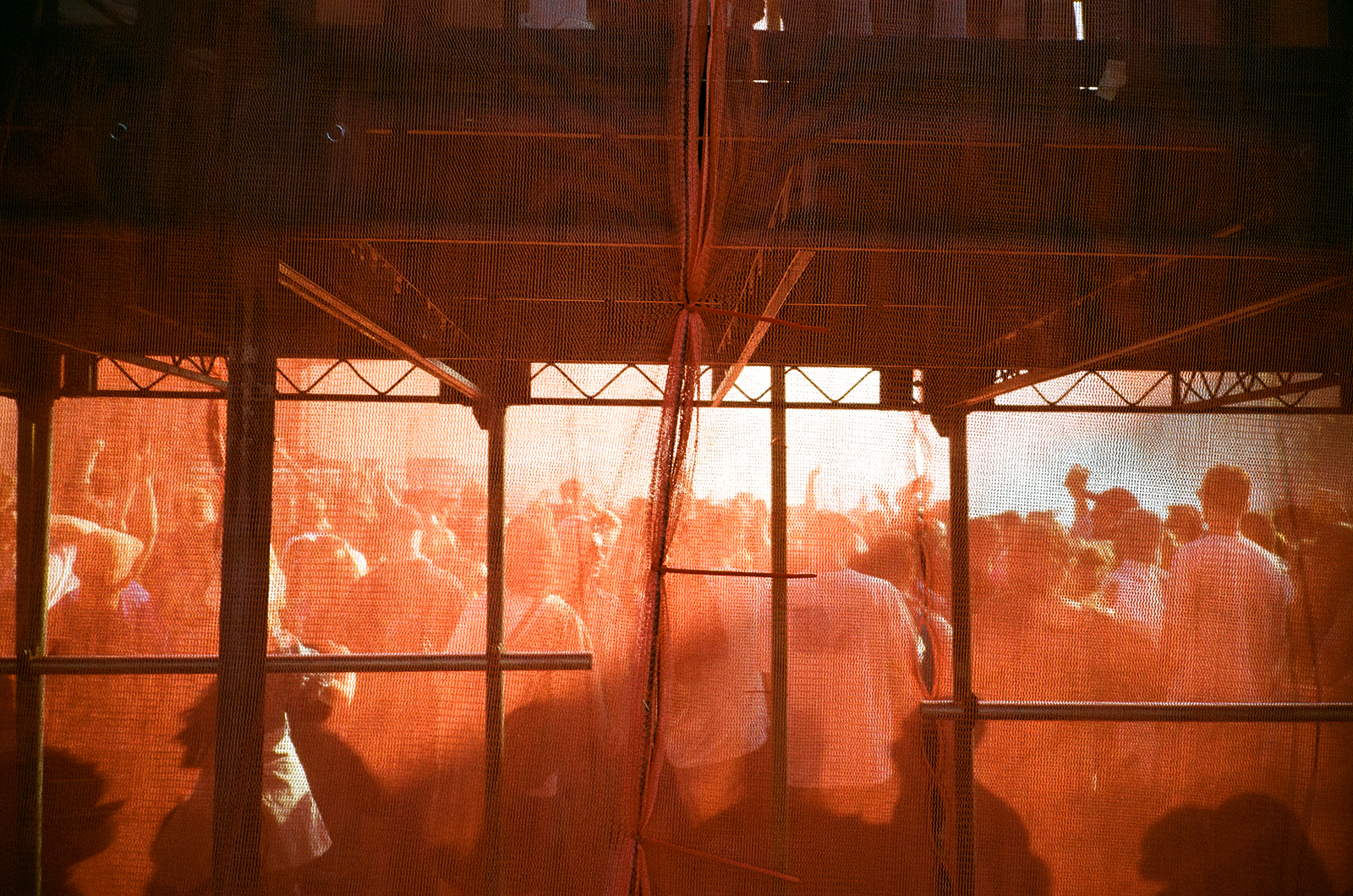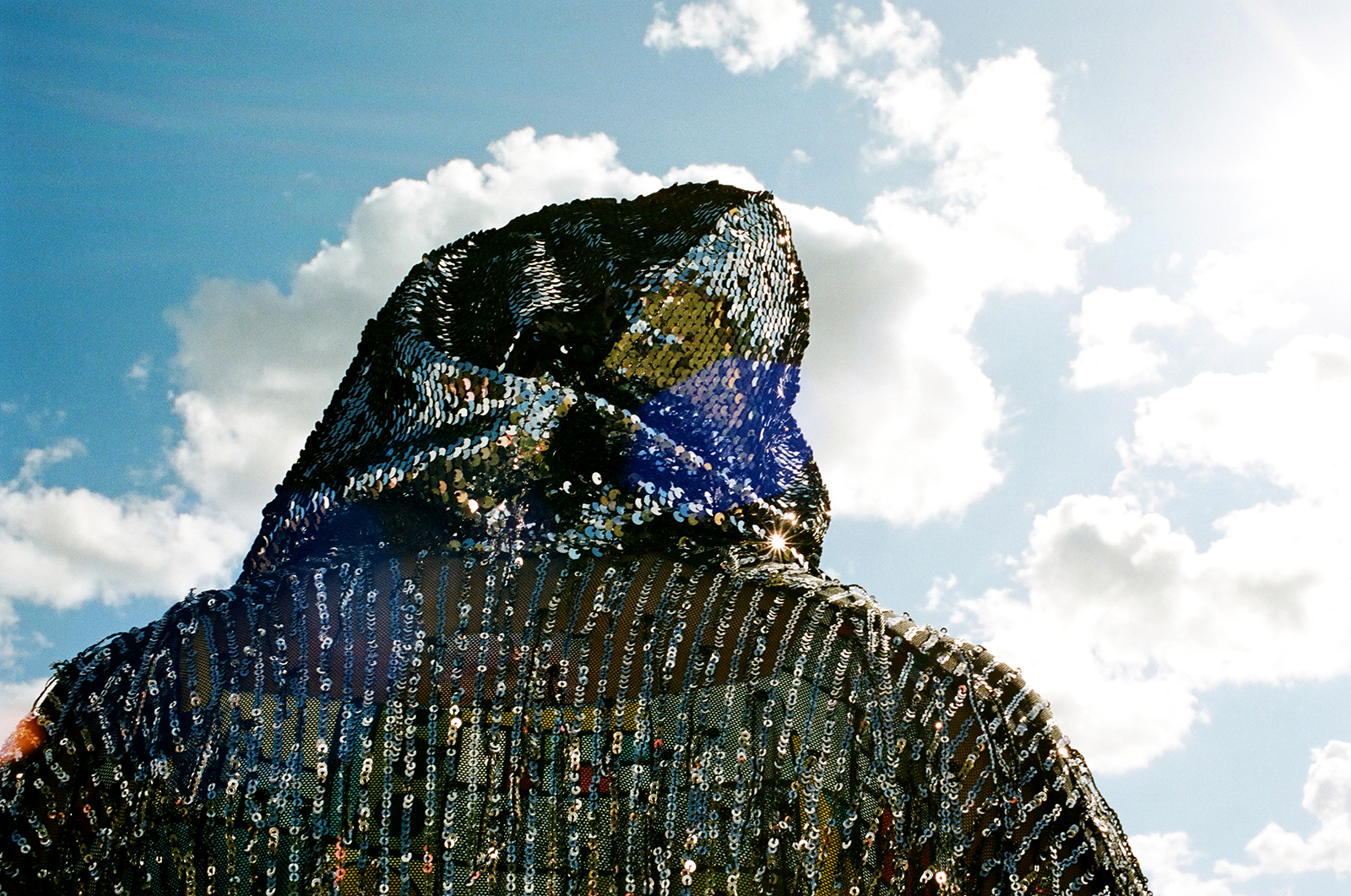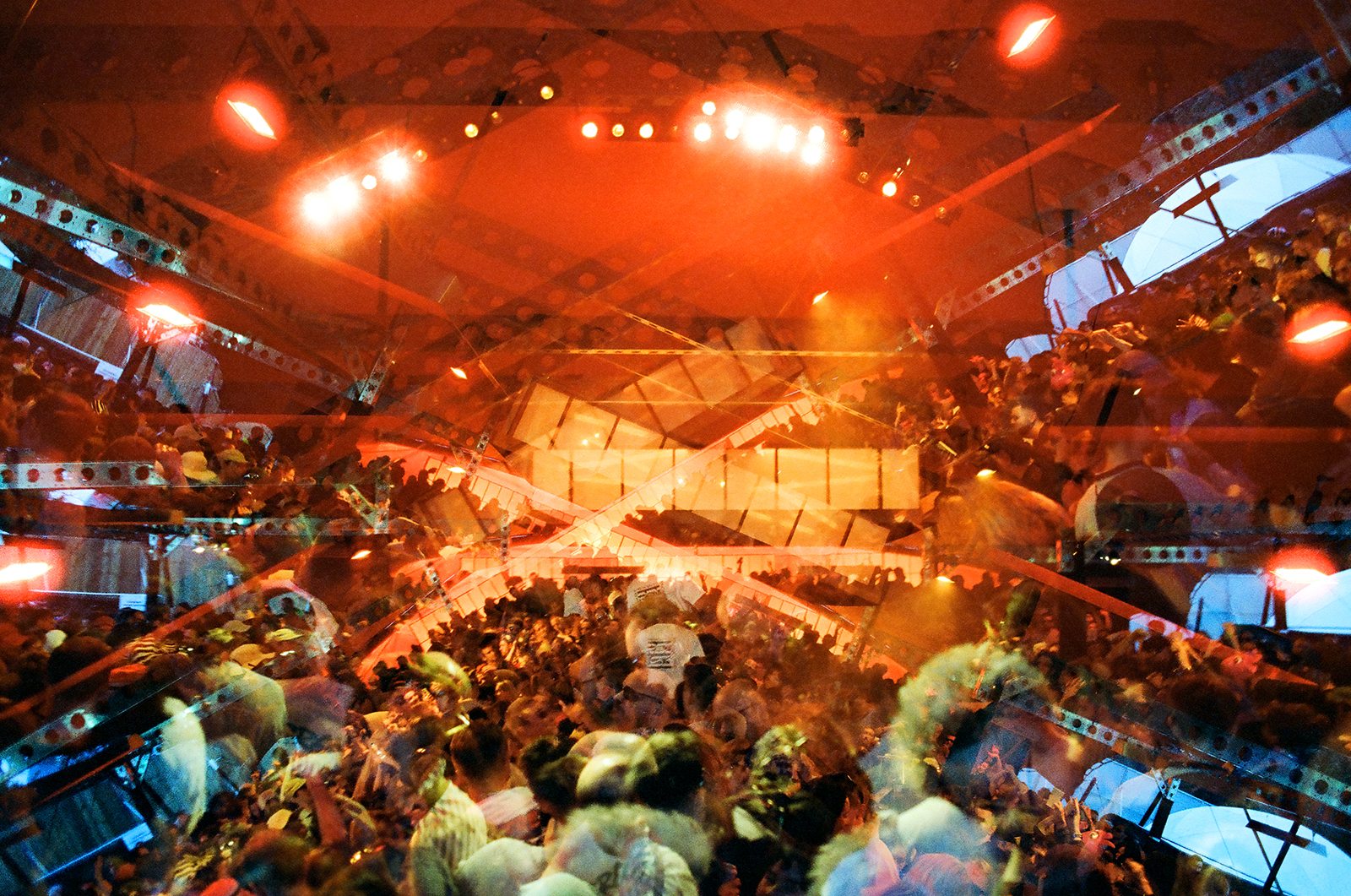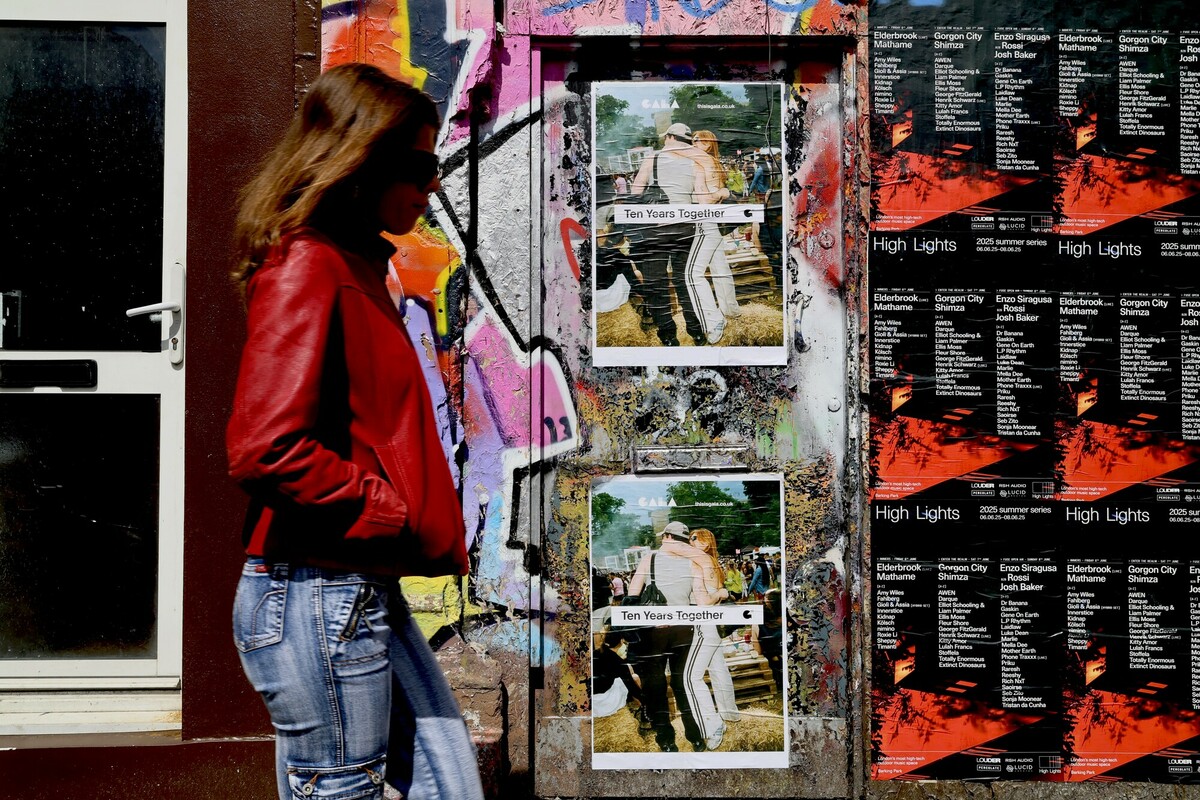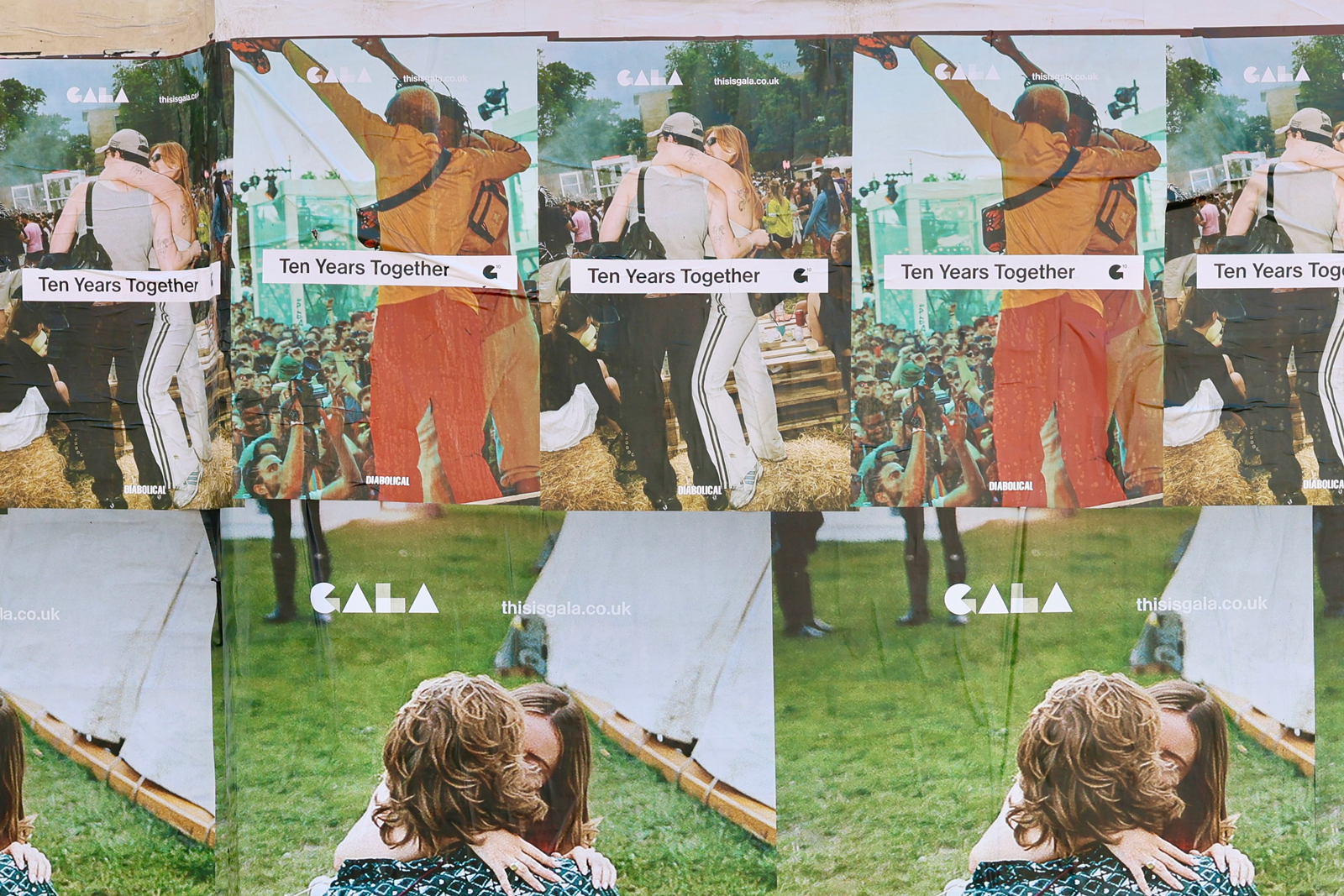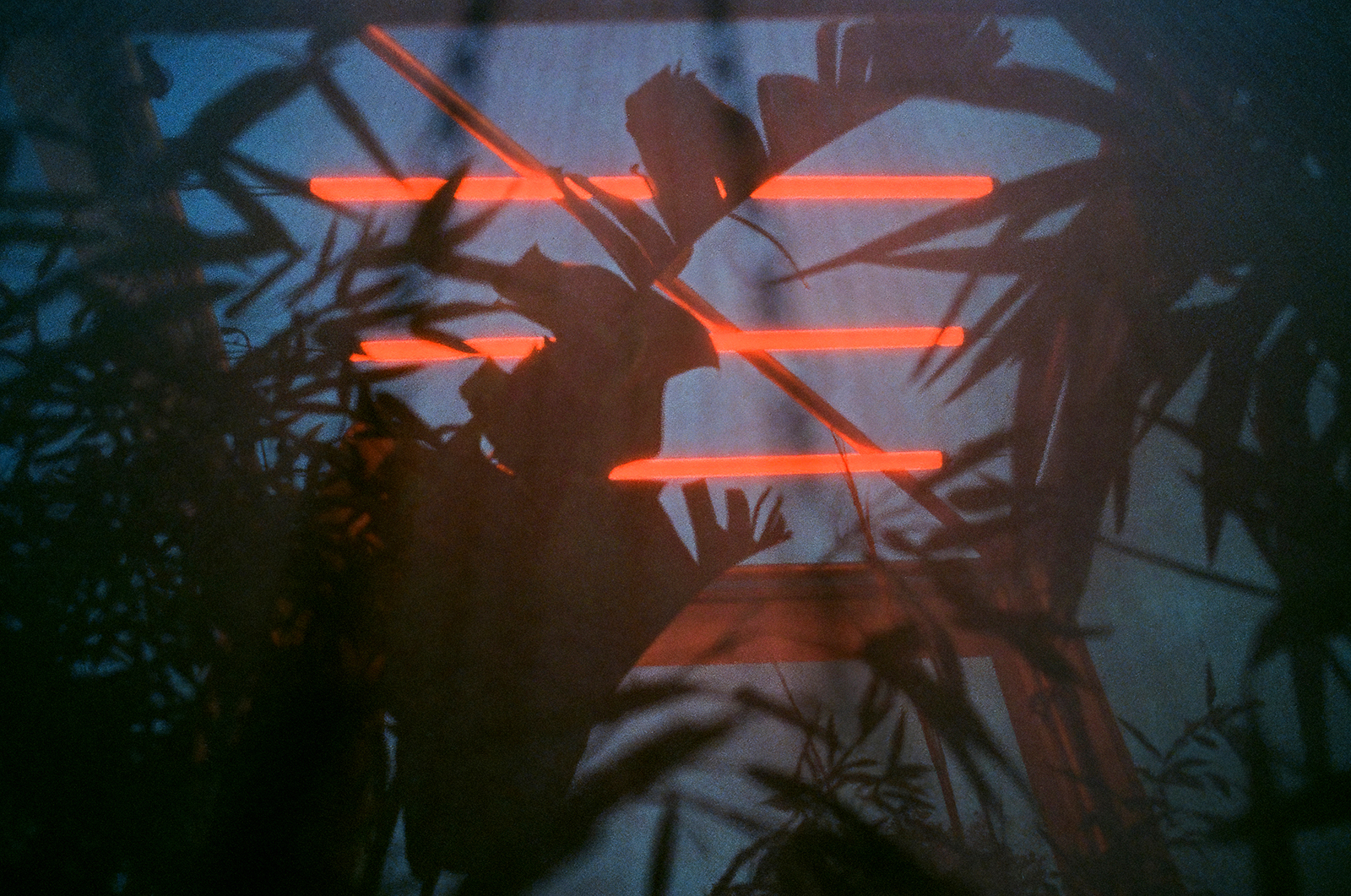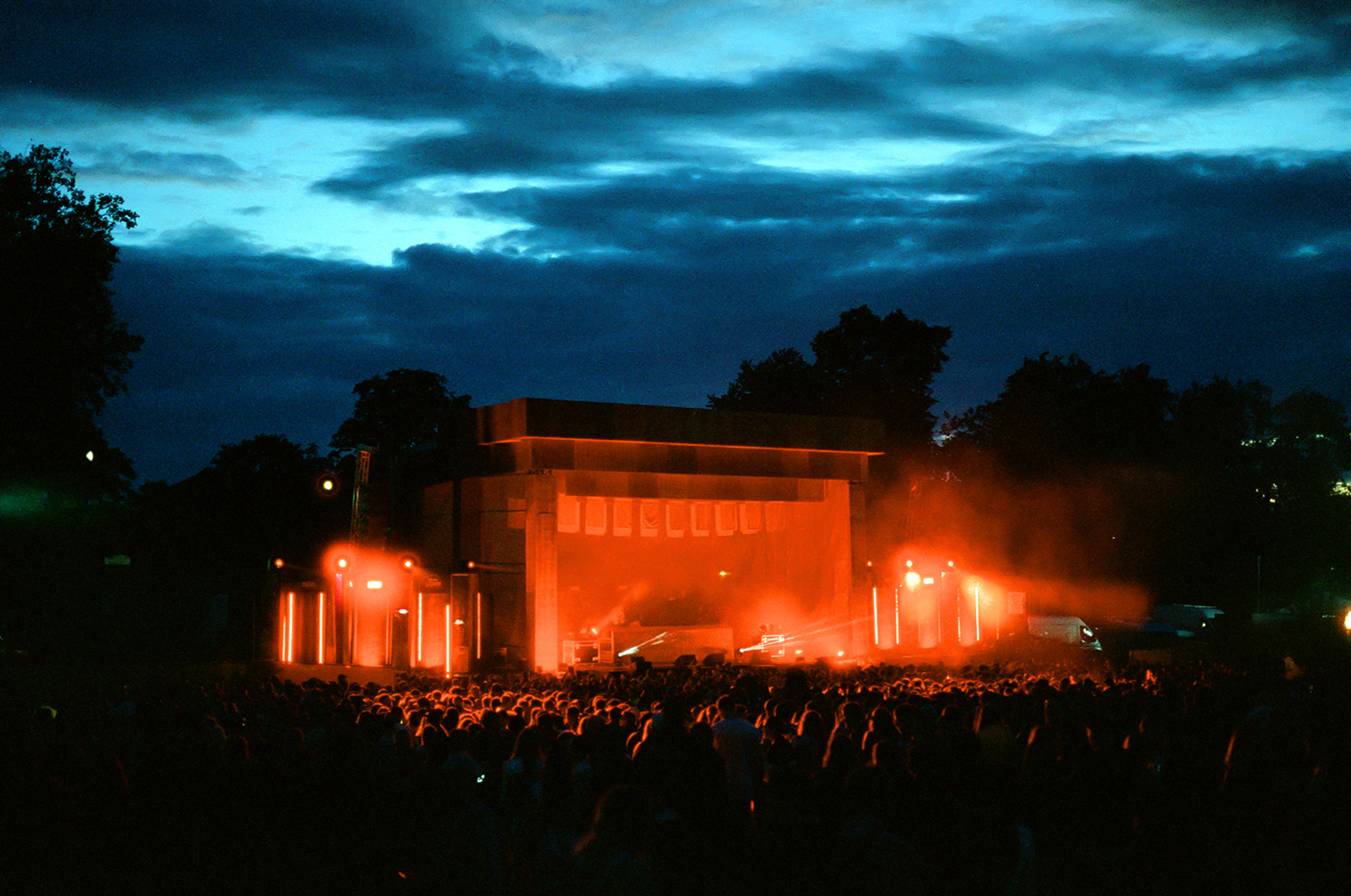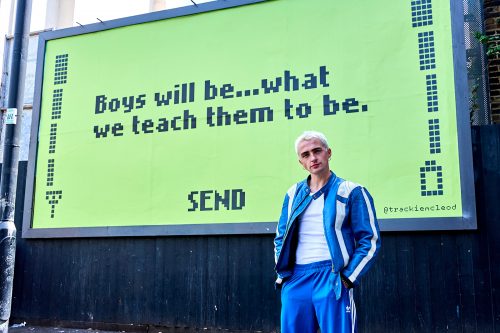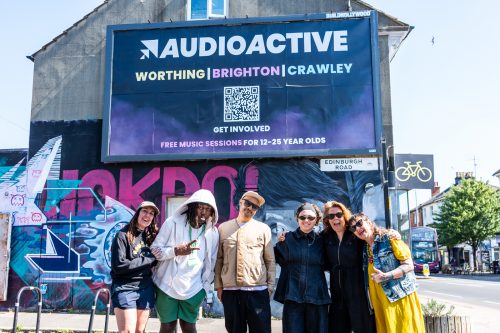Partnerships
GALA’s decade of music and community
BUILDHOLLYWOOD’s new festival series is celebrating this powerful part of UK music culture. This time, we meet Giles Napier, the interview-shy co-founder of GALA.
Every summer, for the last decade, GALA festival has turned a south London park into a three-day celebration of independence, community and underground spirit – drawing from a deep well of dance music histories. Initially a one-dayer in Brixton’s Brockwell Park, it’s since been taking place across three days on the last weekend of May on Peckham Rye.
The GALA origin story begins, though, in Newcastle. Co-founder Jonny Edwards was running a student night business and Giles Napier took a job flyering for him. Graduating to running club night Zap, for 1,500 electronic music loving students sealed the deal. ‘I fell in love with putting on those nights,’ he says, ‘seeing them do well, seeing the dancefloor light up. That’s where it started.’
Since the beginning, their festivals – they also run Rally in Southwark Park – have done more than just provide for the music lovers on the dancefloor. Over the last ten years they’ve ensured that local residents get discounted tickets; worked with community arts partners including Peckham Platforms and South London Gallery; and have raised over £40,000 for Southwark Day Centre for Asylum Seekers. ‘We want to contribute to a better landscape,’ says Giles, ‘not just setting up shop for three days. We want to be embedded, and to have a positive impact in the place we call home.’
22.05.25
Words by


